The best cholesterol-lowering foods to incorporate into your diet
Add these delicious cholesterol-lowering foods to your basket...
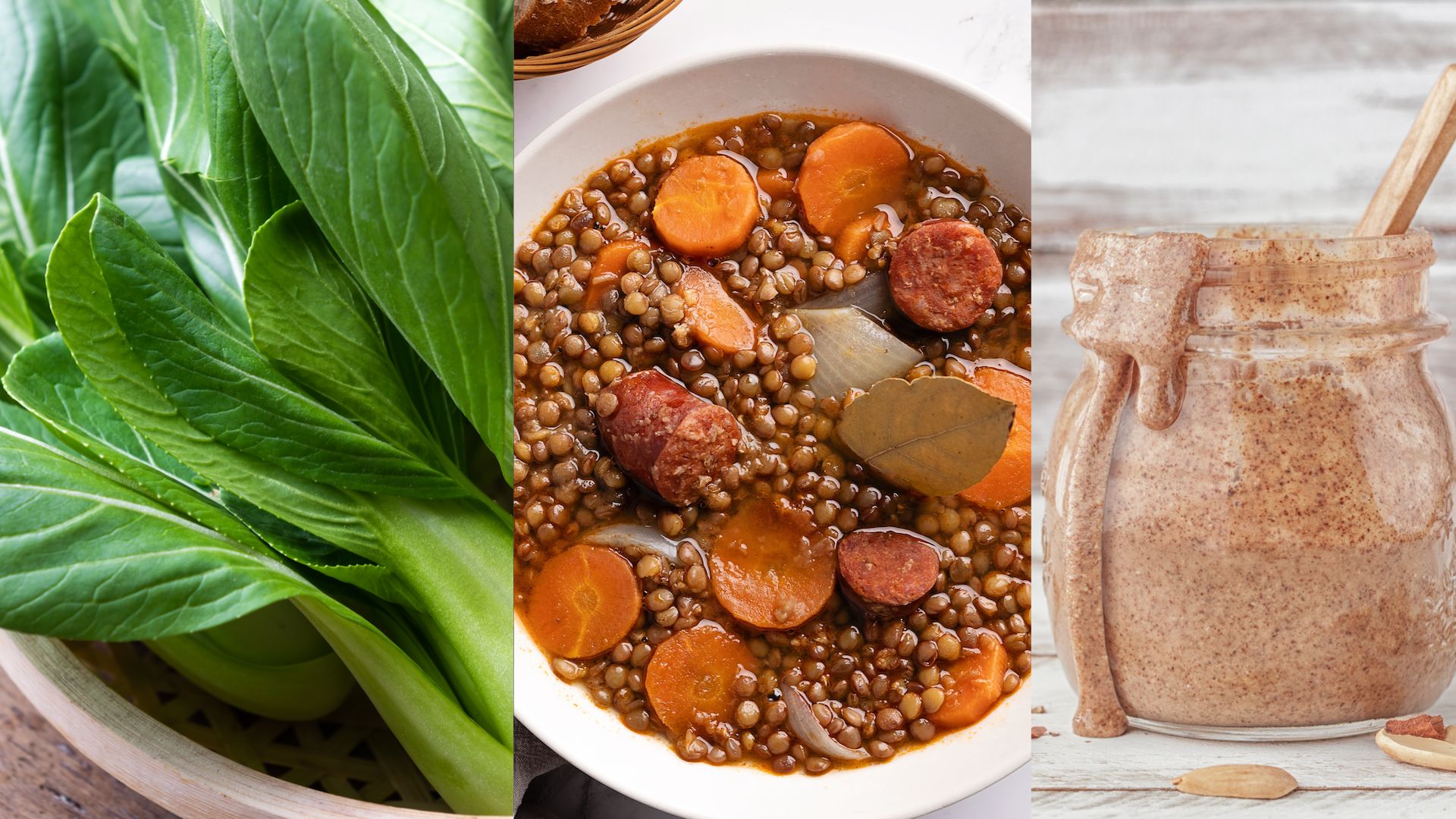

You may have heard cholesterol-lowering foods frequently discussed in terms of a healthy, balanced diet. However, don't worry if you've found yourself scratching your head as to what this means in terms of your heart, because fortunately the topic can be boiled down to an easy-to-digest science lesson.
The key thing to know is that there are two types - LDL (low-density lipoprotein) cholesterol, sometimes called 'bad' cholesterol, and HDL (high-density lipoprotein) - or 'good' - cholesterol. We need a small amount of cholesterol for our bodies to function properly, but too much can increase your risk of high blood pressure, stroke and heart attack.
Diet is one of the most important ways to keep cholesterol levels in check and to maintain a healthy heart age, and there are certain items on the supermarket shelf you should be stocking up on. If you are unsure about how to tweak your diet for the better, then it is vital to speak to a healthcare or medical professional. In the meantime, let us serve up some nourishing culinary inspiration...
The best 32 cholesterol-lowering foods for a healthy heart
Edamame
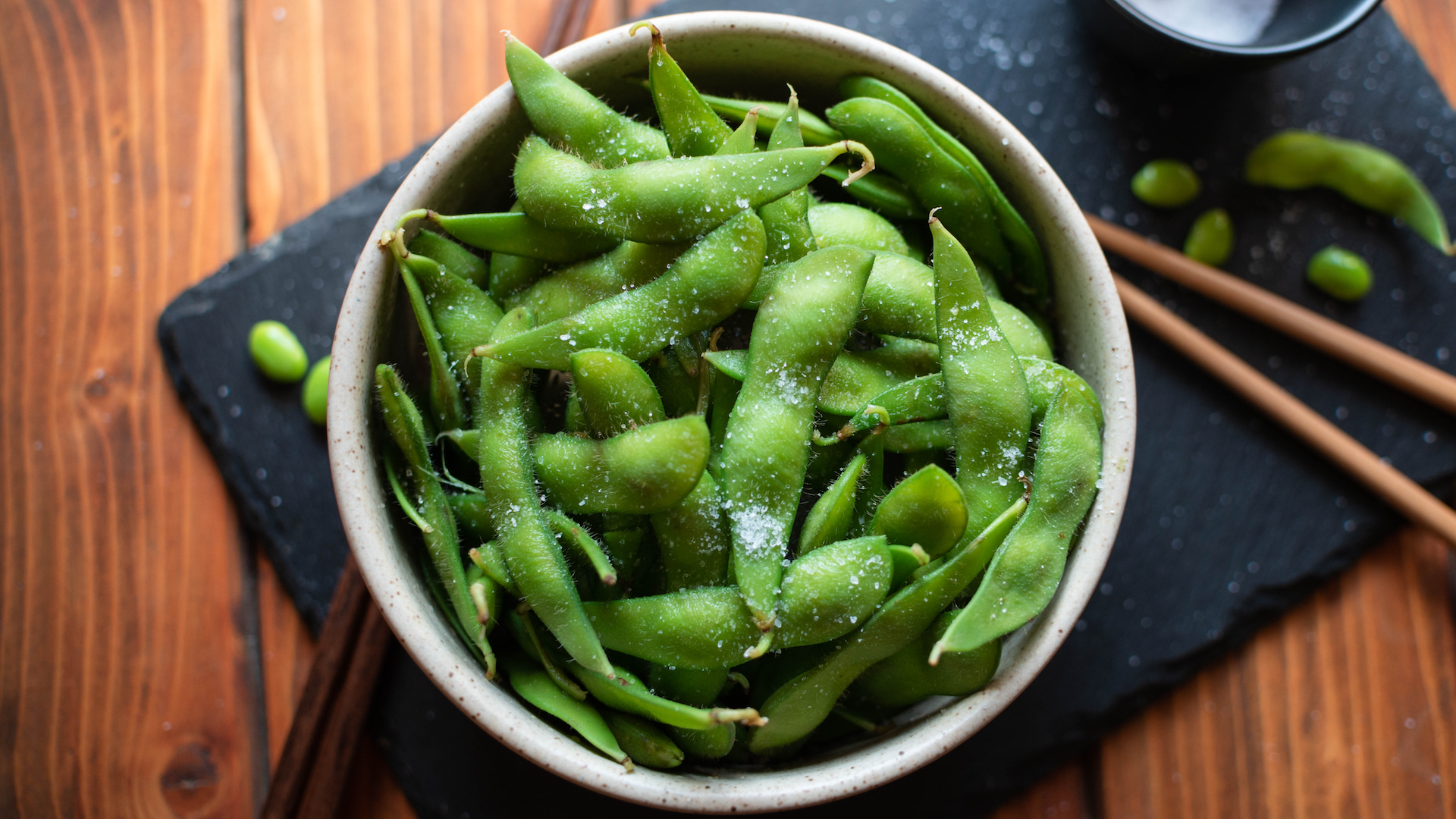
Fancy a nourishing snack? Try Edamame. It is an effective cholesterol-lowering food since it is rich in plant-based protein and contains soluble fibre, which helps slow down digestion and reduces the absorption of LDL cholesterol in the bloodstream. This can, in turn, help aid heart health.
Seeds mix from Munchy Seeds, £6.95 at Amazon
Nuts and seeds are a great source of unsaturated fats as well as fibre and other nutrients - plus they're super easy to incorporate into your diet; simply sprinkle over your cereal, porridge or salad. This mix includes sunflower seeds, pumpkin seeds, hulled hemp, sesame seeds, rapeseed, golden linseed and brown linseed.
Kale
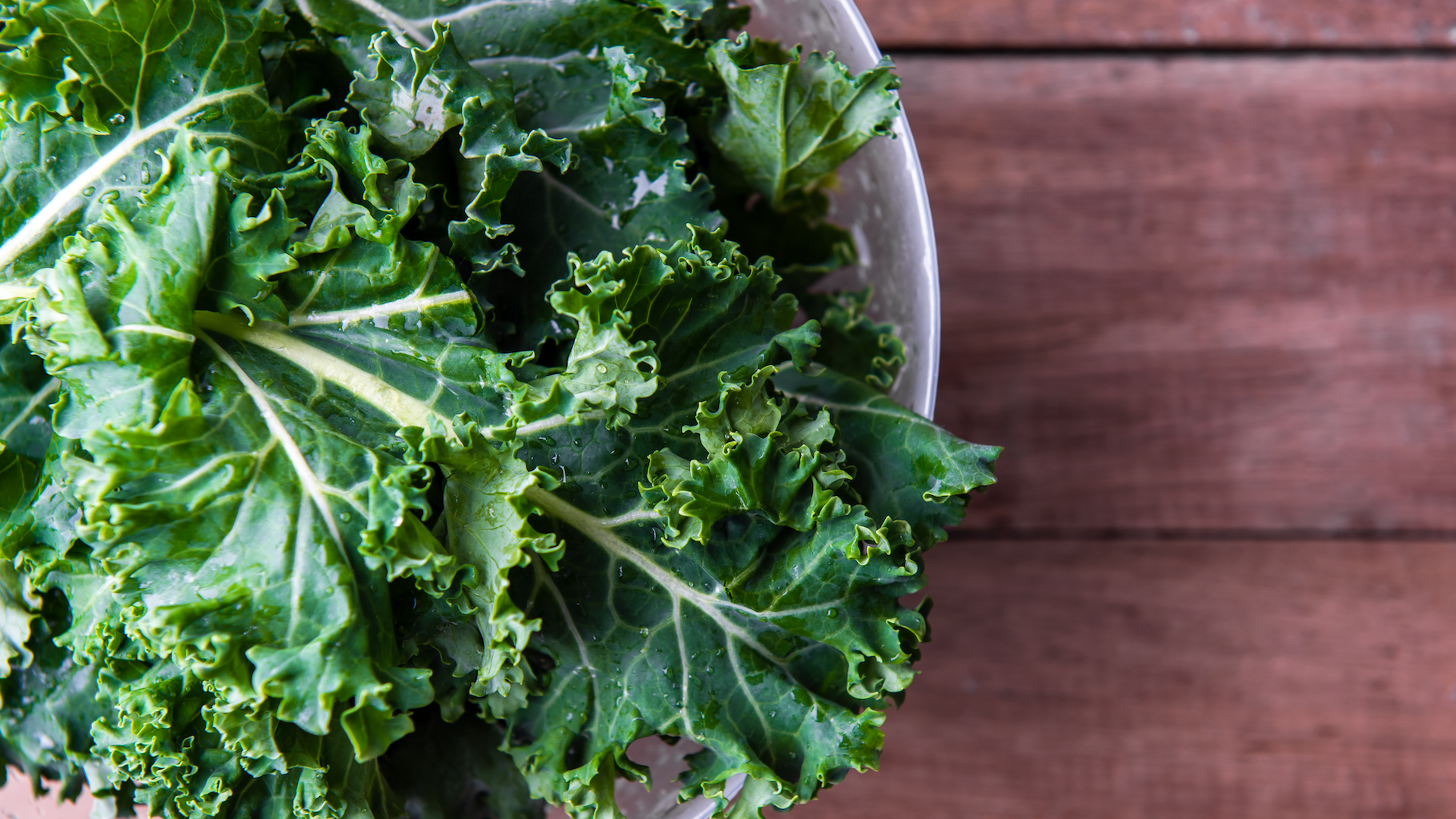
Kale is a hard-working cholesterol-lowering food because it is rich in soluble fibre and antioxidants, which help reduce LDL cholesterol. The fibre cleverly binds to bile acids, which are made from cholesterol - encouraging the body to use more cholesterol to replace the bile - which lowers overall cholesterol levels.
Olives
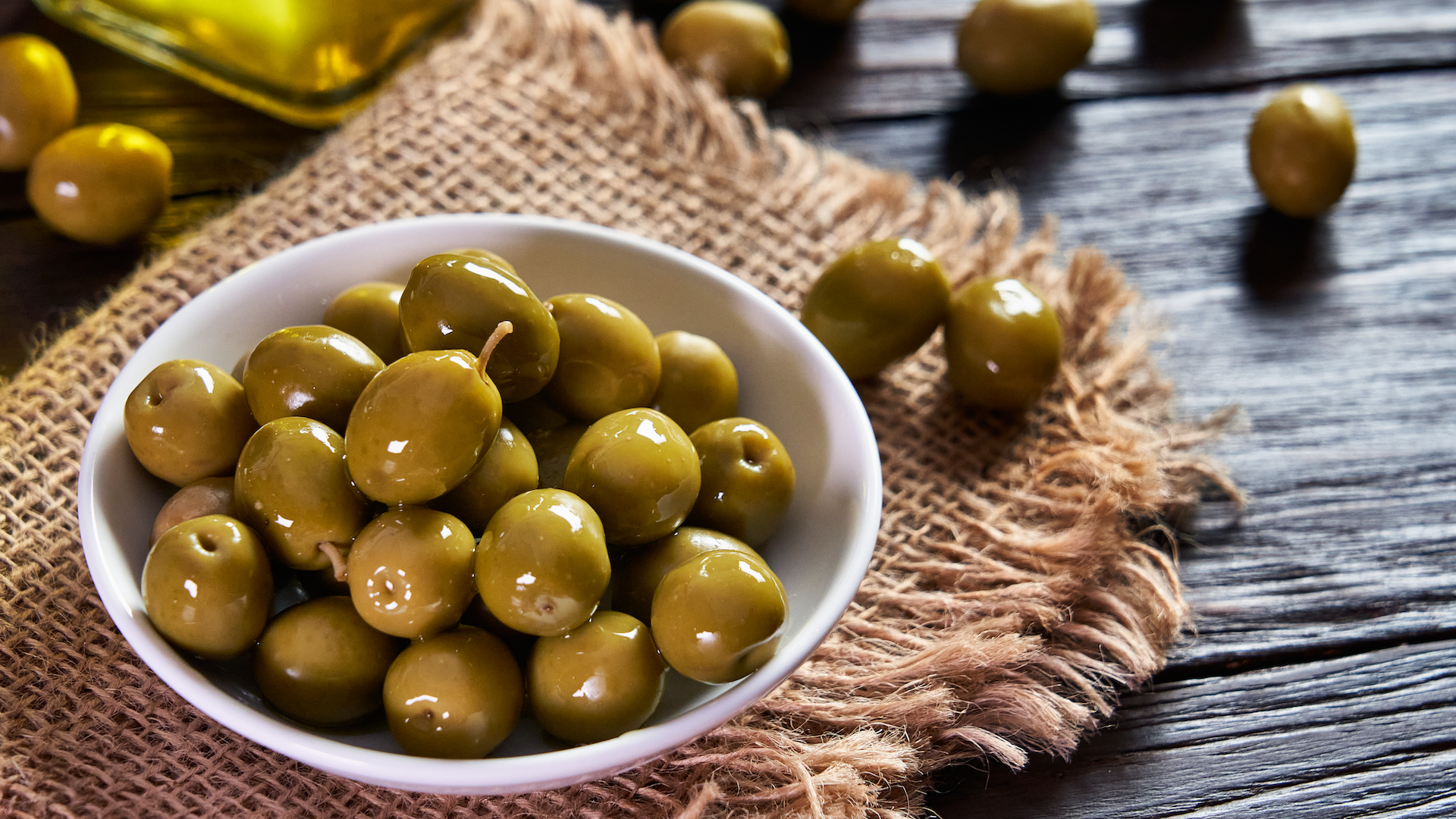
Adding more olives into your diet is a delicious, but also smart, choice. The popular snack is rich in monounsaturated fats - particularly oleic acid - which helps reduce LDL cholesterol levels while boosting HDL cholesterol at the same time. What's more, they contain antioxidants, such as polyphenols, which also help protect the heart.
Chia seeds
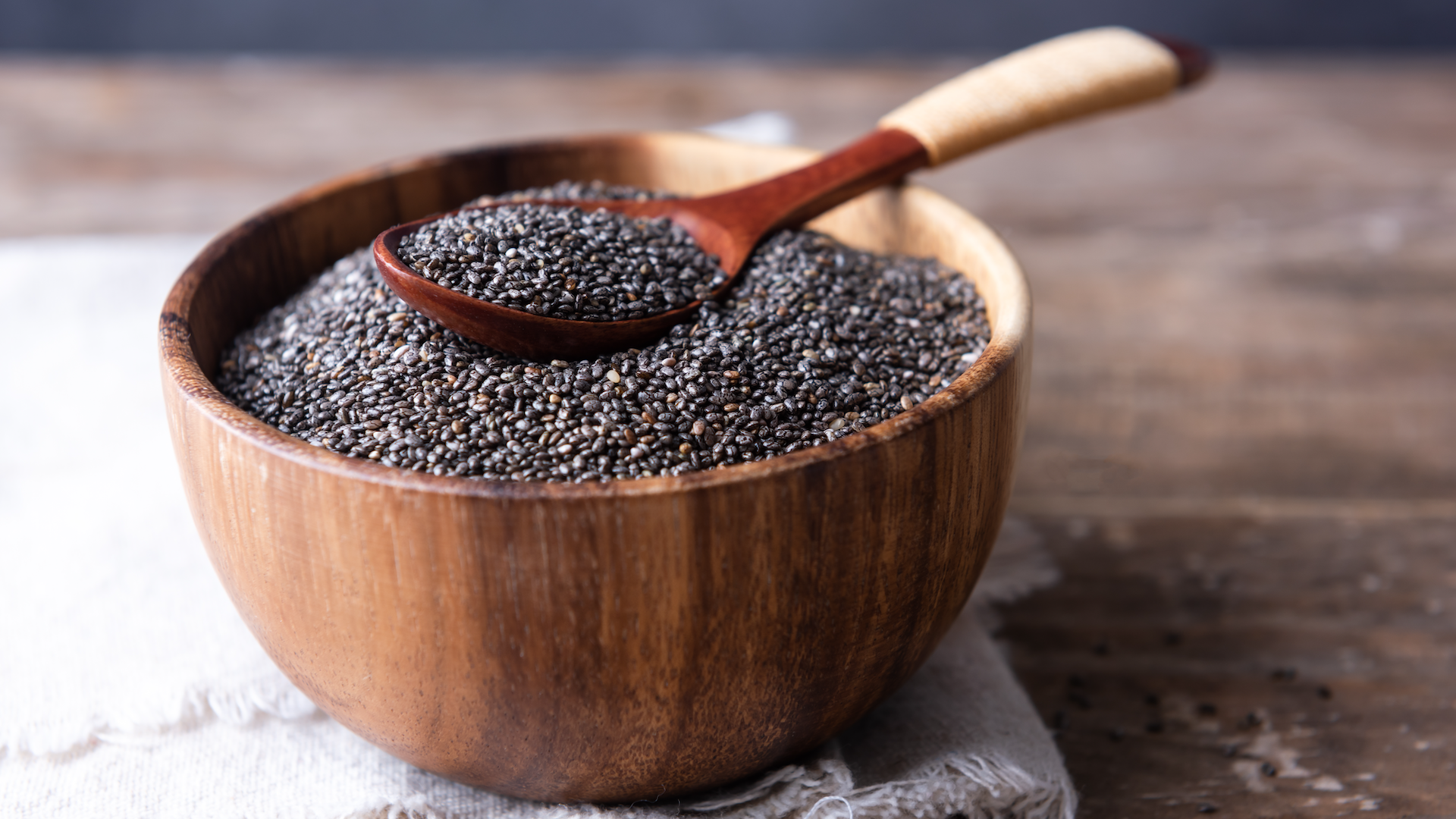
Chia seeds are an ideal cholesterol-lowering food because they are plentiful in soluble fibre and omega-3 fatty acids. The former helps reduce the absorption of cholesterol in the bloodstream by binding to it and aiding in its removal, while the latter works to lower LDL cholesterol and reduce inflammation - therefore promoting heart health.
Sign up for the woman&home newsletter
Sign up to our free daily email for the latest royal and entertainment news, interesting opinion, expert advice on styling and beauty trends, and no-nonsense guides to the health and wellness questions you want answered.
Walnuts
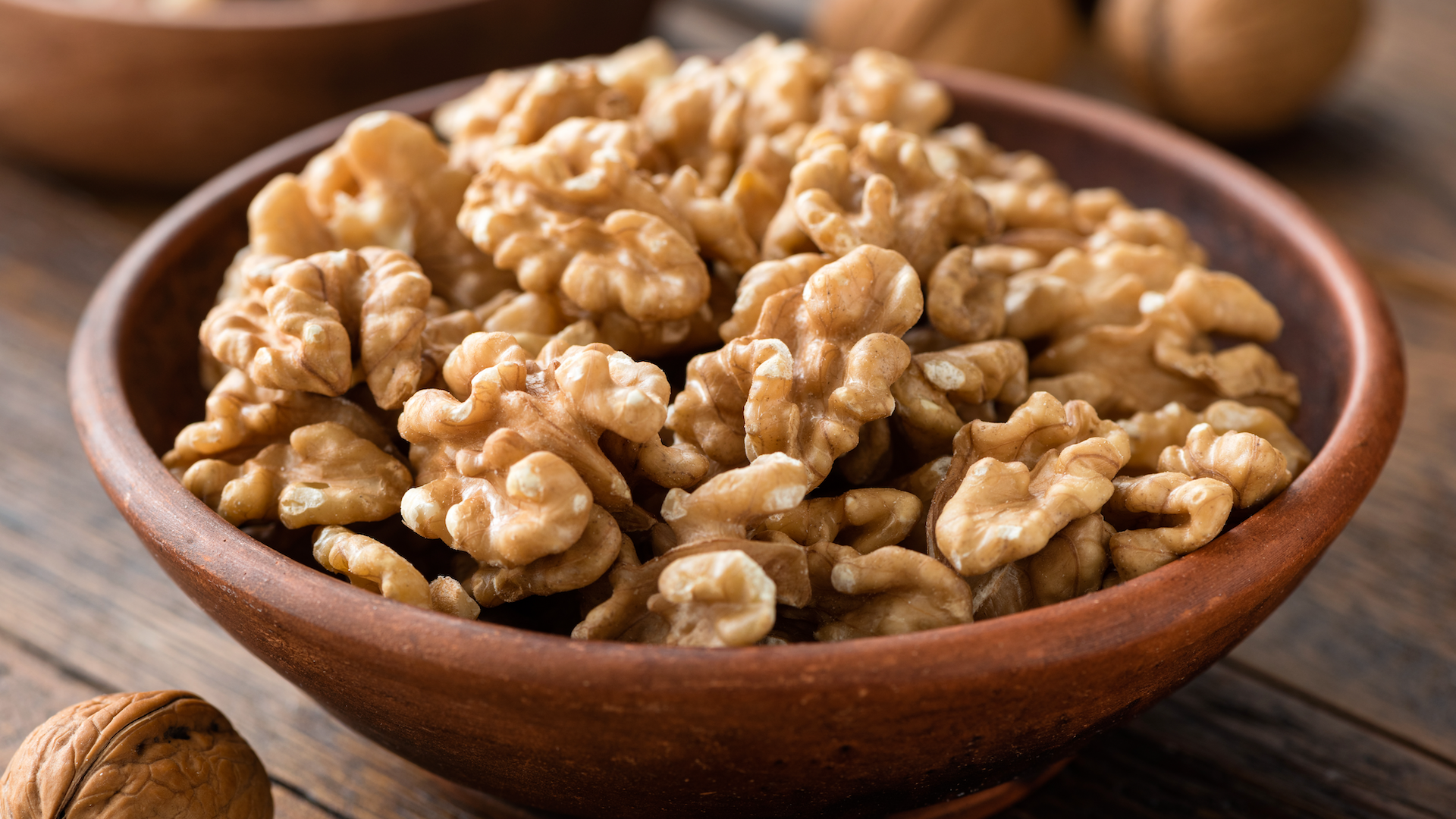
Add walnuts to your yoghurt, porridge or salad. They are a good cholesterol-lowering food because they are high in omega-3 fatty acids, which help lower LDL cholesterol while increasing HDL levels. Additionally, they are packed with antioxidants and plant compounds like phytosterols, which further help reduce cholesterol absorption.
Garlic
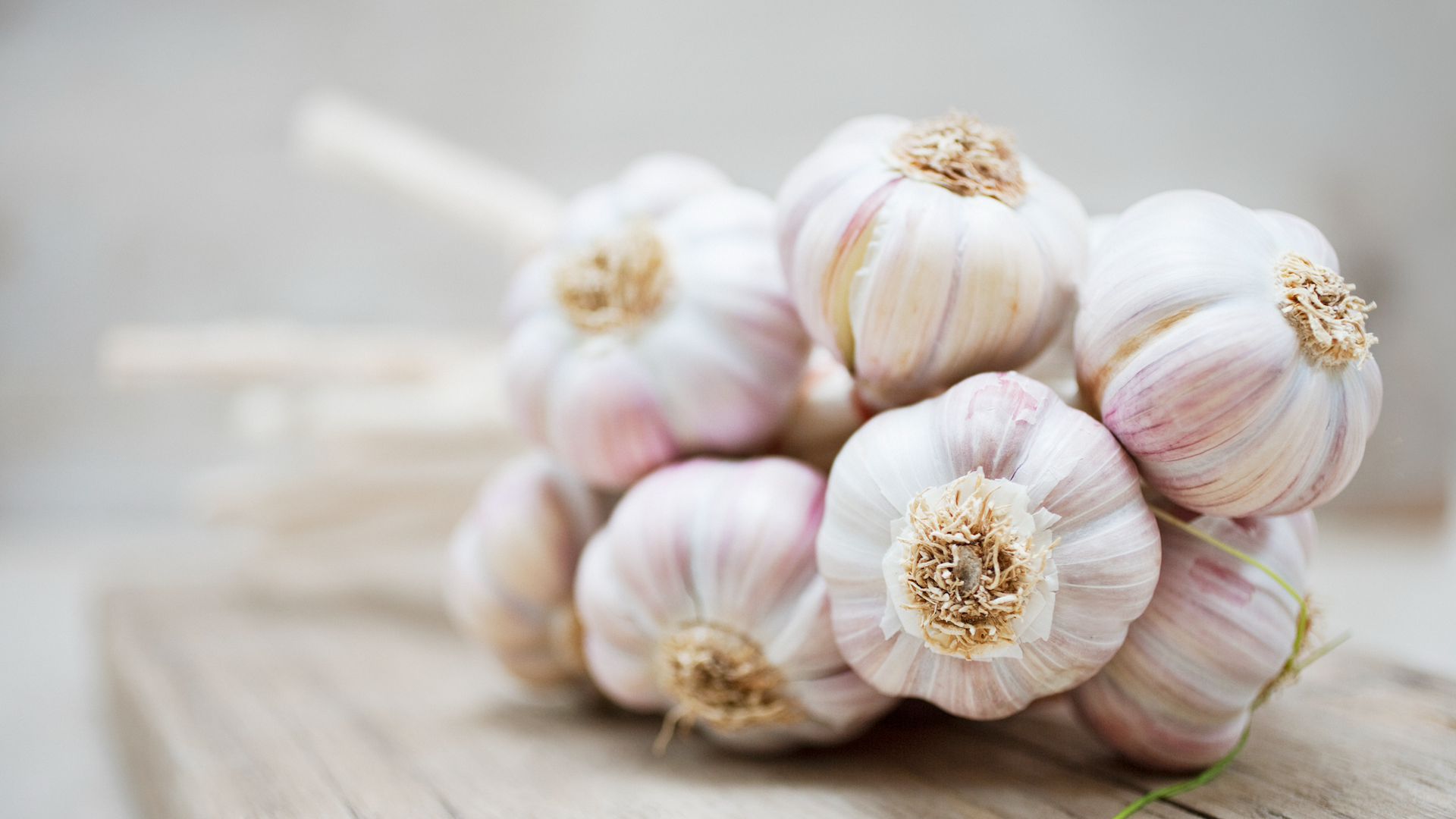
Garlic should become one of your go-to kitchen ingredients. The versatile vegetable, which you can incorporate into a variety of dishes, contains allicin and other sulfur compounds that help reduce LDL cholesterol levels. It also serves up antioxidant properties that protect against oxidative damage, which can contribute to heart disease.
Oats
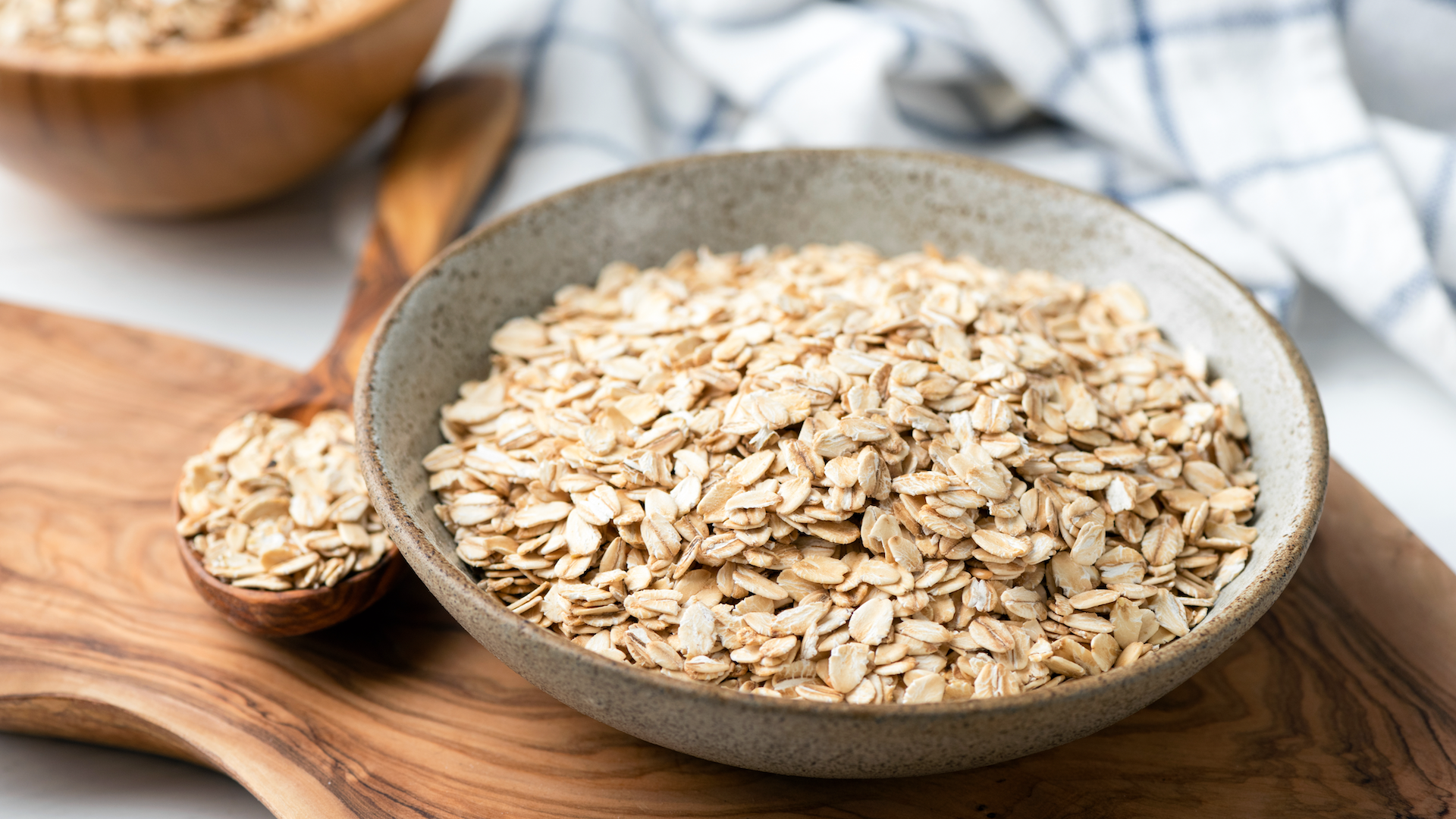
A great thing to eat first thing in the morning, porridge is a brilliant breakfast choice on chilly mornings. Oats are an effective cholesterol-lowering food because they are rich in soluble fibre - particularly beta-glucan - which helps lower LDL levels by binding to cholesterol in the digestive tract and helping the body move things along. This reduces overall cholesterol absorption, contributing to better heart health.
Salmon
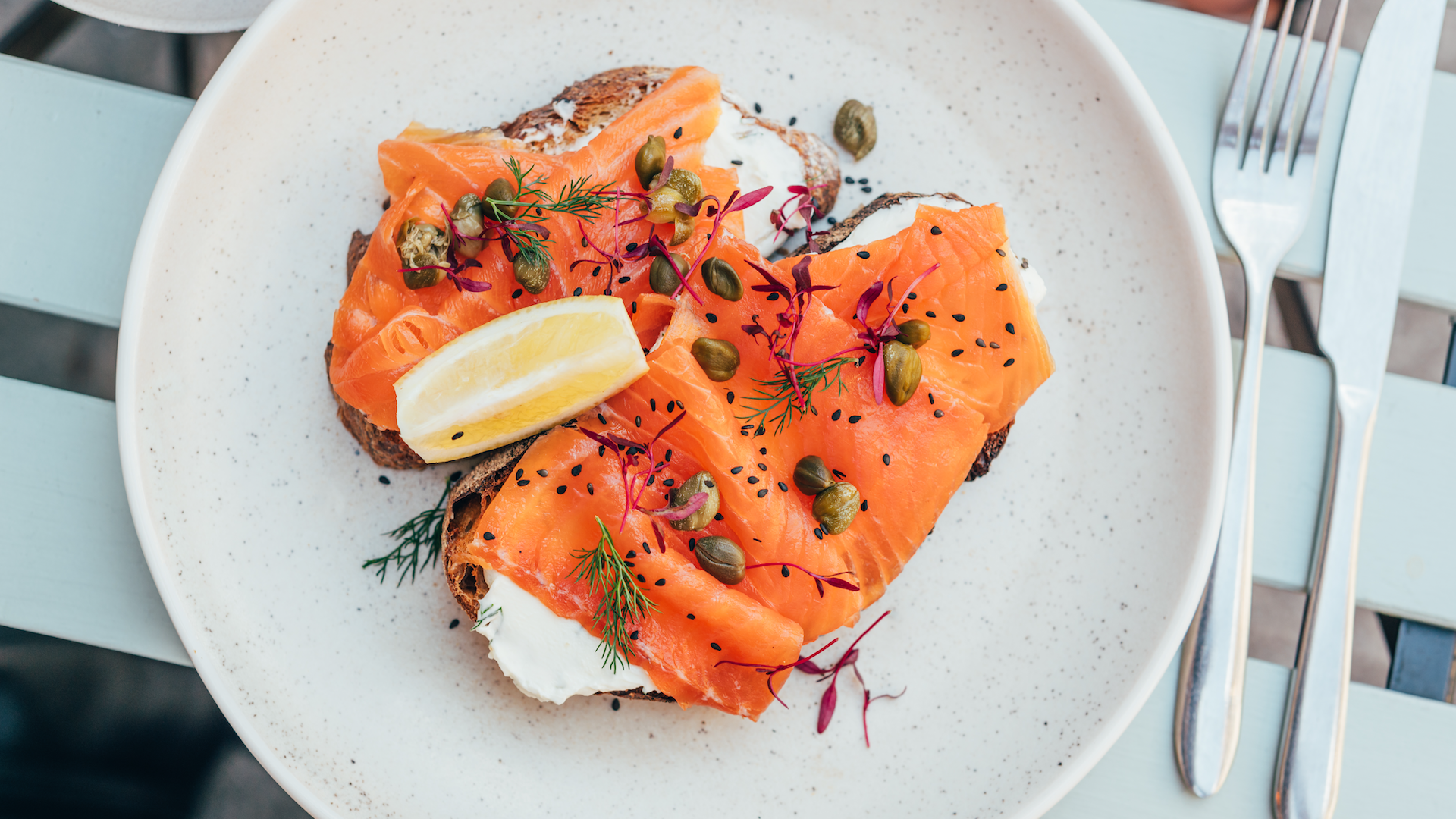
Salmon is an item that should certainly be on your shopping list. The fish is a particularly great cholesterol-lowering food because it is rich in omega-3 fatty acids, which help lower LDL cholesterol while increasing HDL levels. These healthy fats also reduce inflammation and therefore improve overall heart health.
Berries
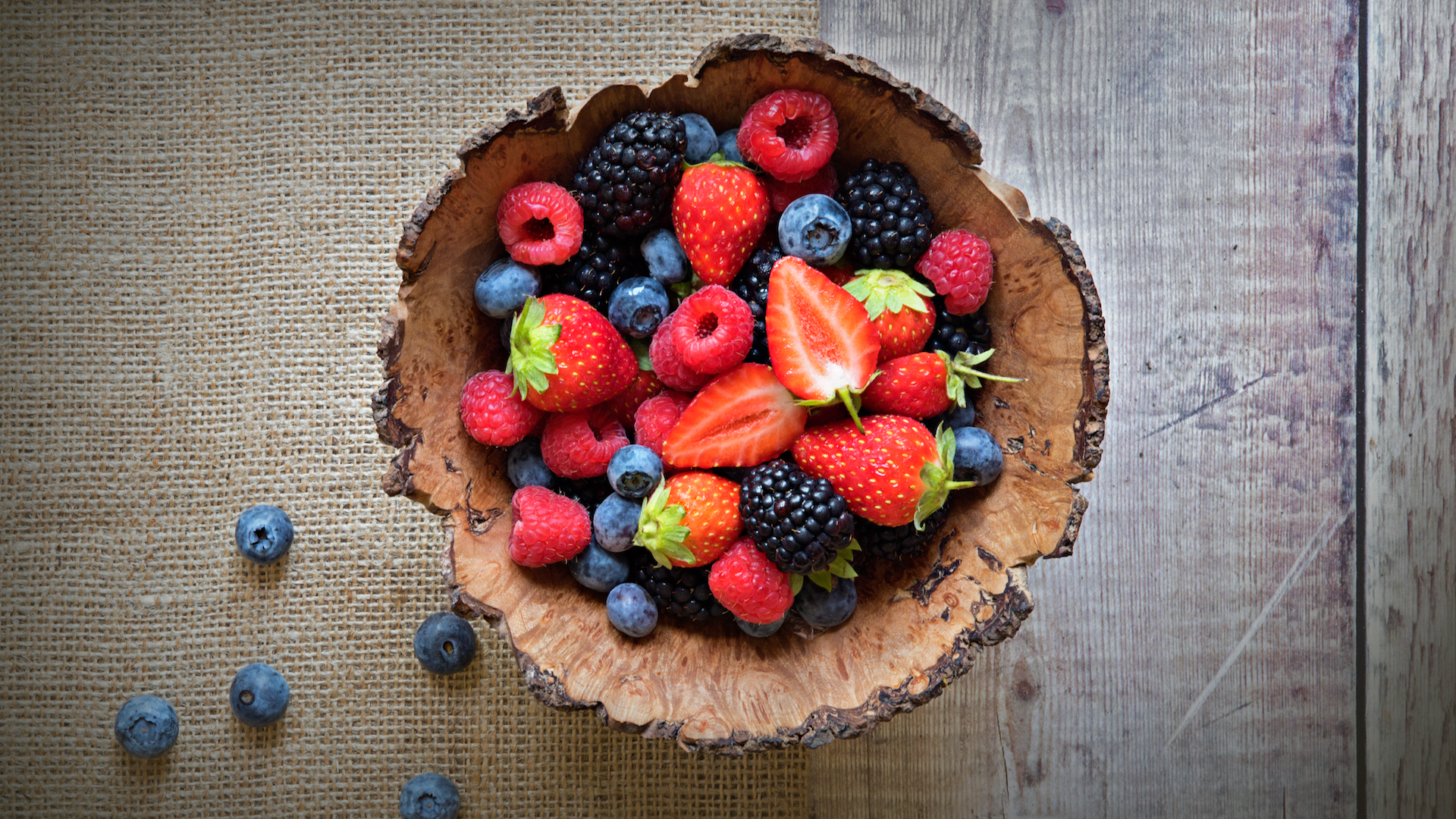
A handful of berries on your breakfast or as a snack makes a smart choice. They are rich in soluble fibre, which helps reduce cholesterol absorption, while antioxidants prevent the oxidation of LDL cholesterol, which contributes to heart disease. As such, regular consumption has been shown by research to improve overall heart health.
Dark chocolate
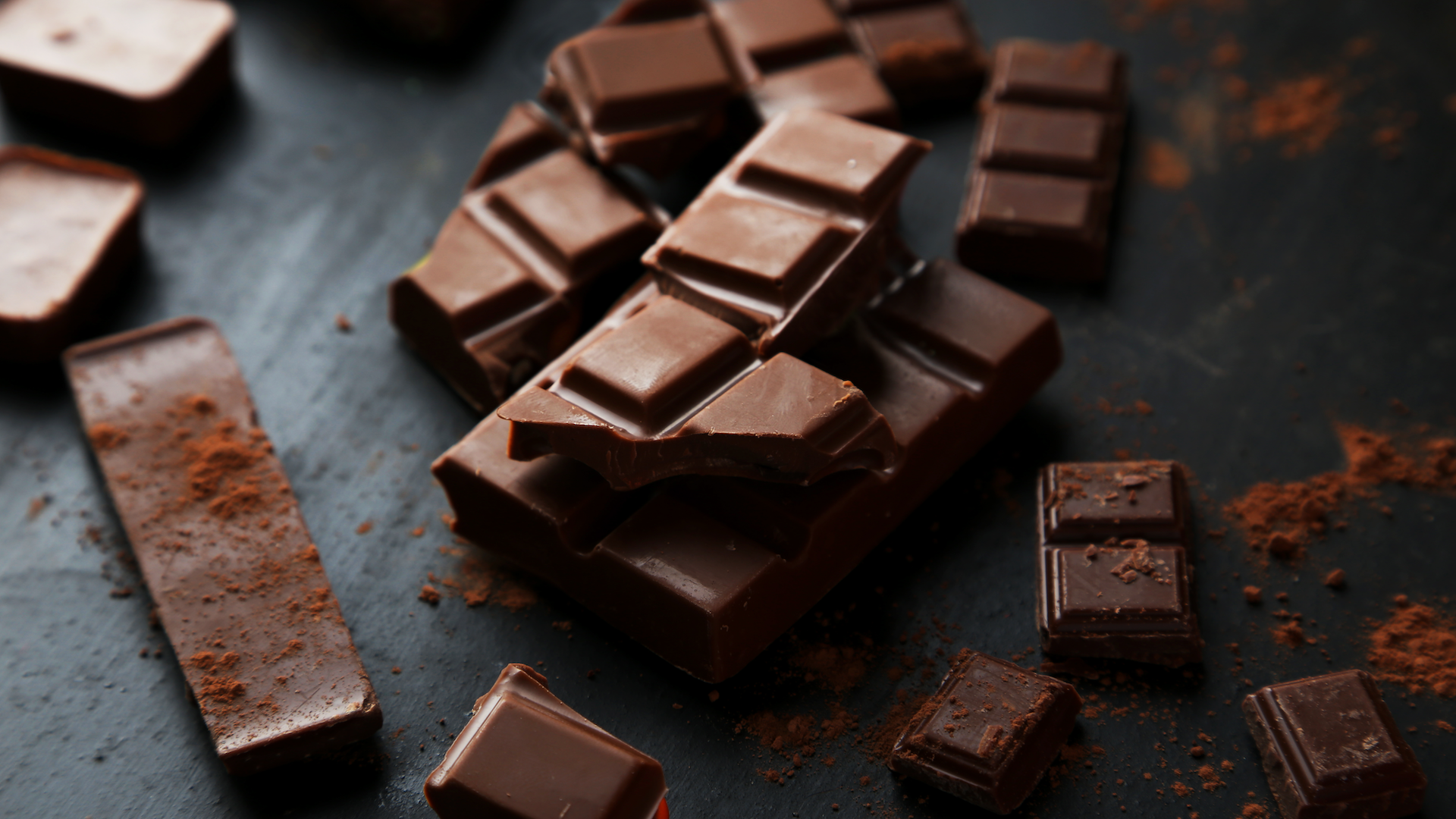
Dark chocolate makes an ideal nutritious sweet treat. It can help lower cholesterol due to its high content of flavonoids, which are compounds that have antioxidant properties which can reduce LDL cholesterol and raise HDL levels. However, make sure to choose a variety with at least a 70% cocoa content and consume in moderation.
Tomatoes
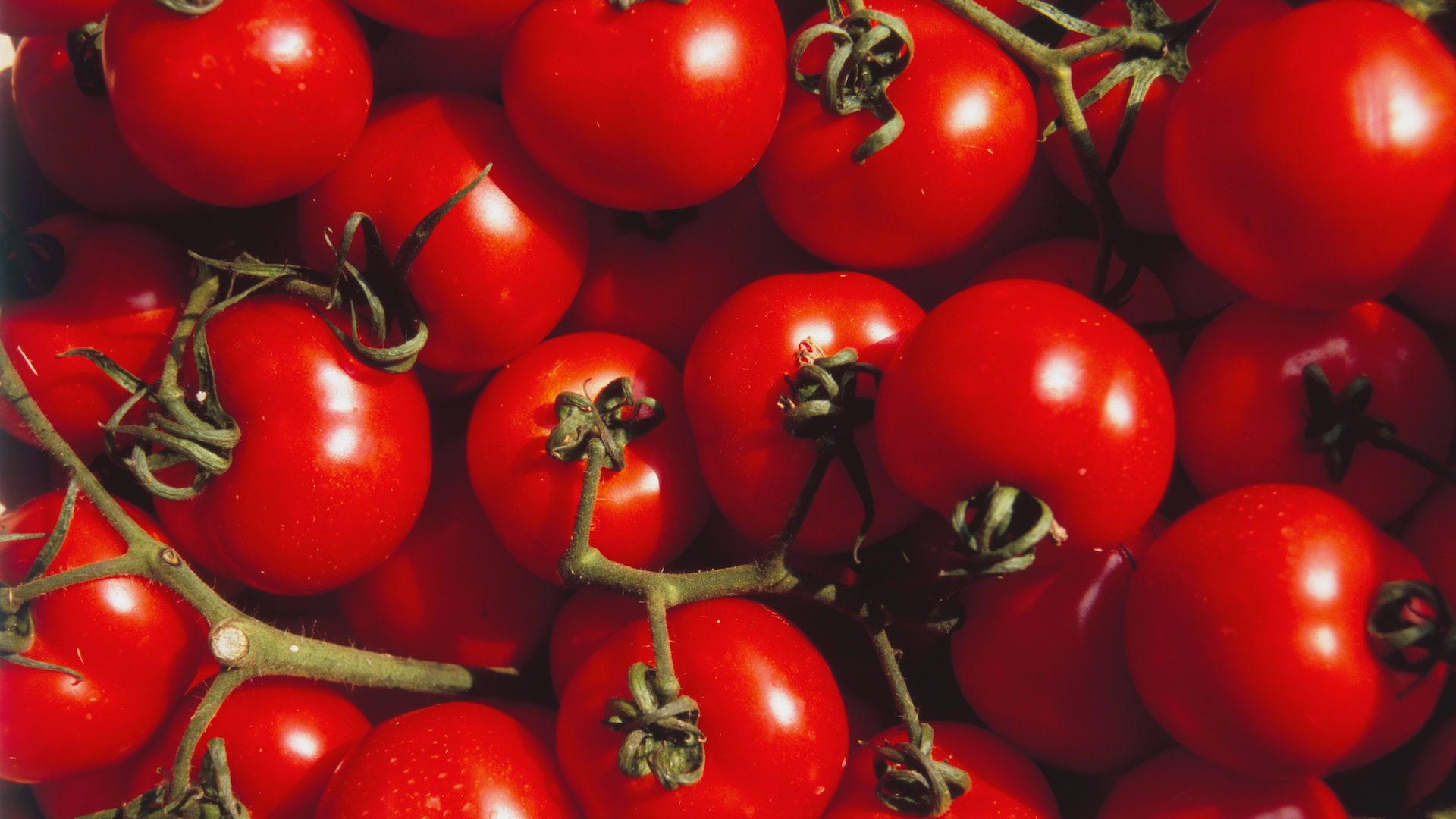
Embrace tomatoes in your cooking routine. They are beneficial for lowering cholesterol due to their high content of the powerful antioxidant lycopene - the release of which is enhanced when they're cooked - which reduces unhelpful LDL cholesterol oxidation. They also contain fibre, which helps remove it from the body.
Avocado
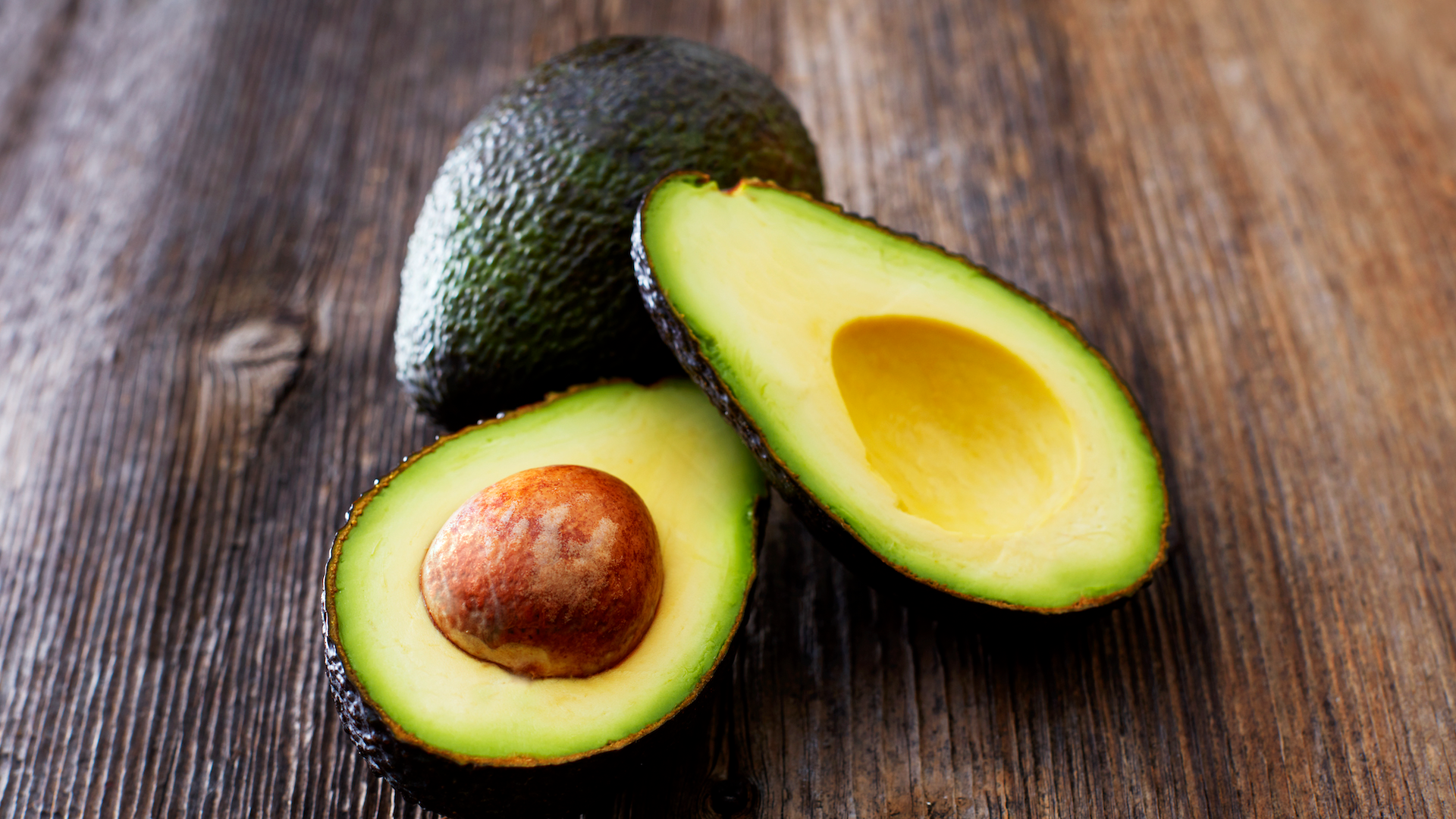
Avocados are rich in heart-healthy monounsaturated fats, which can lower LDL cholesterol while also boosting HDL levels. They contain both soluble and insoluble fibre, which can likewise help lower cholesterol by reducing its absorption, and antioxidants which may prevent LDL cholesterol oxidation - leading to improved heart health.
Quinoa
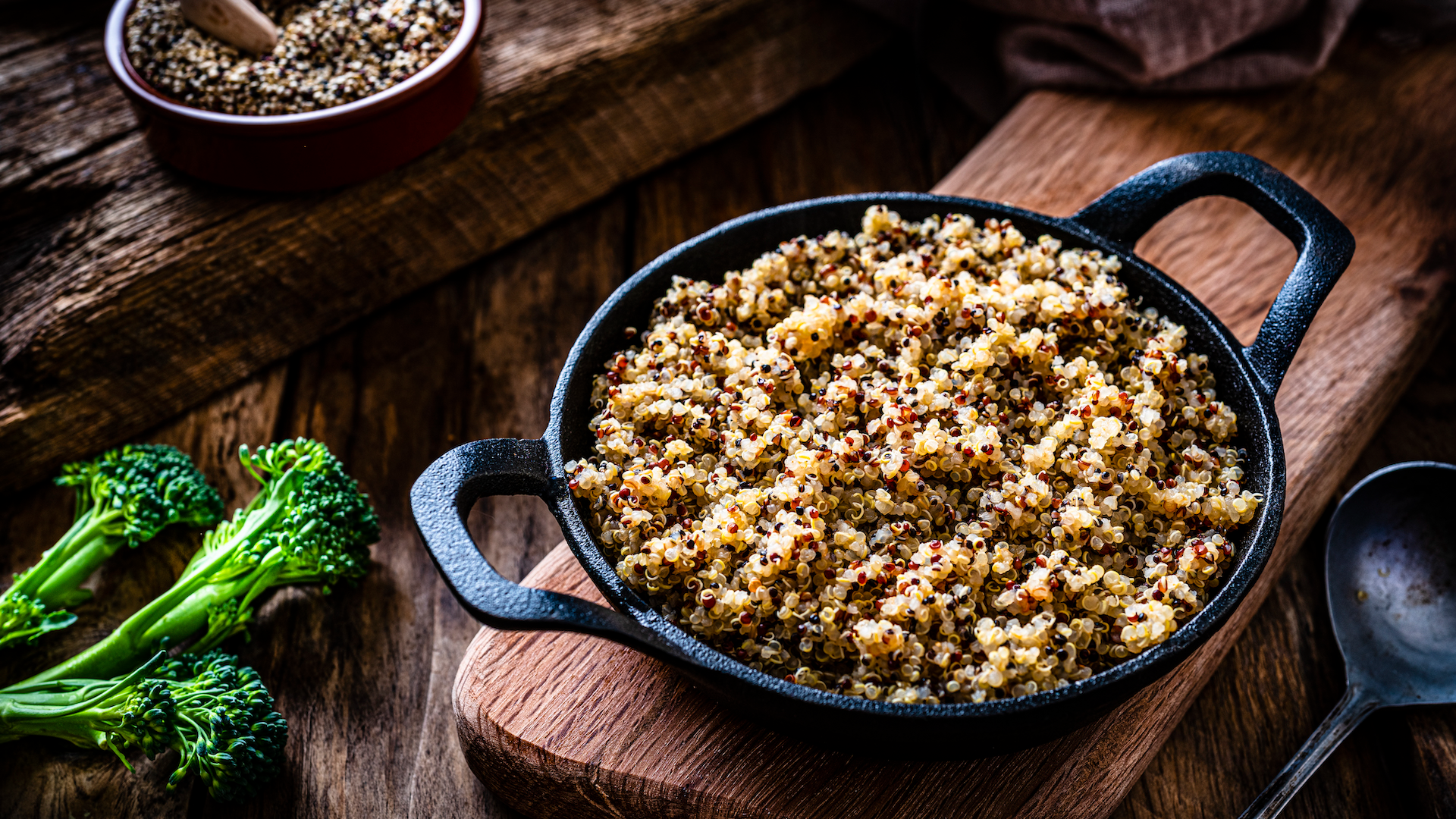
Serve up quinoa for a healthy dinner choice. Its high soluble fibre content helps reduce LDL cholesterol absorption, while it also contains antioxidants which may help reduce oxidation of LDL cholesterol. Solidifying its status as a nourishing food is its low glycemic index - meaning it helps regulate blood sugar and insulin levels, therefore indirectly supporting healthy cholesterol levels.
Beans
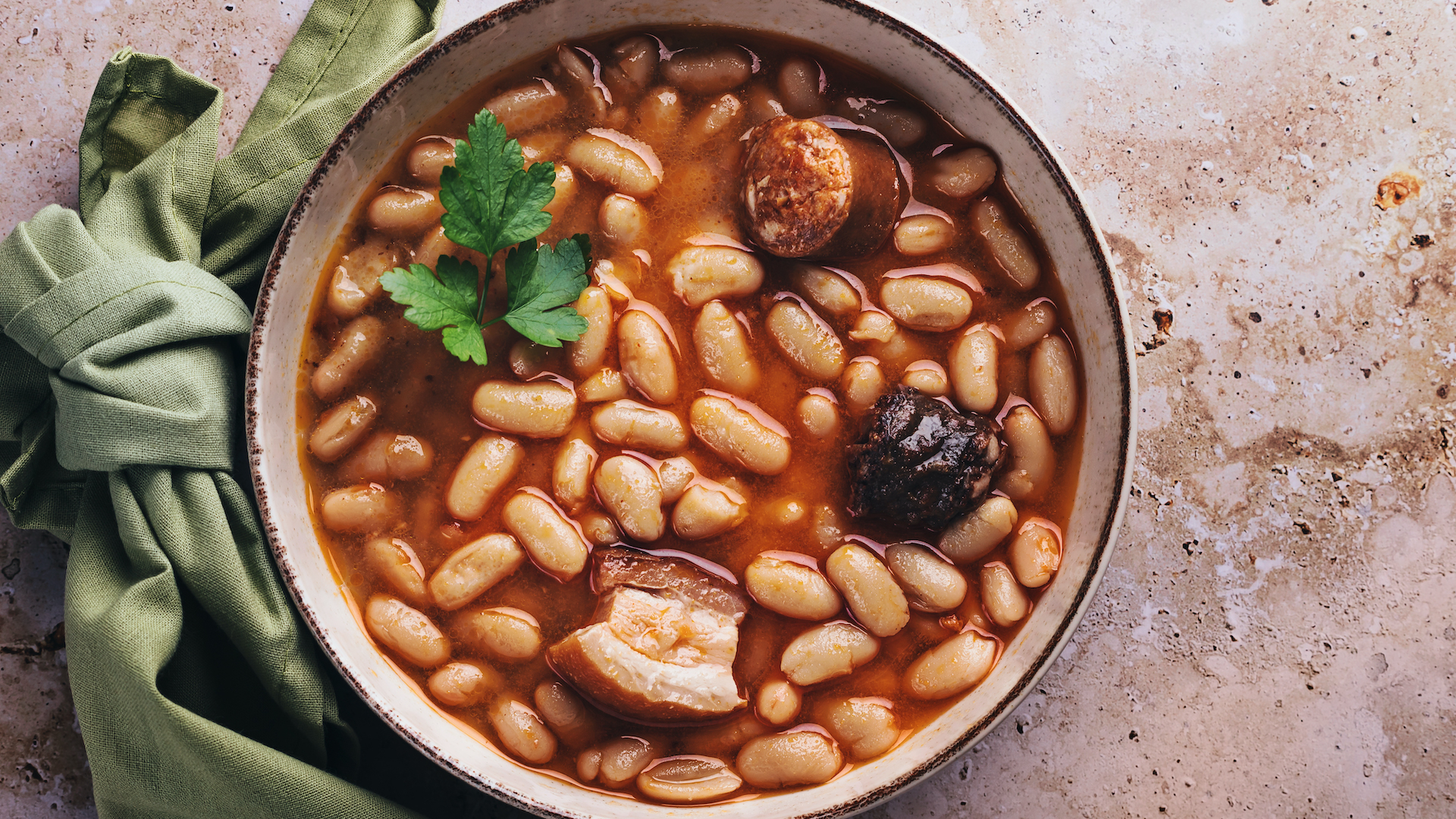
Fill up on beans to give your heart some love. Its high amounts of soluble fibre bind to cholesterol in the digestive system and help remove it from the body. They also regulate blood sugar levels, which indirectly support healthy cholesterol levels, and contain certain key minerals - namely, magnesium and potassium - which support overall heart health.
Barley
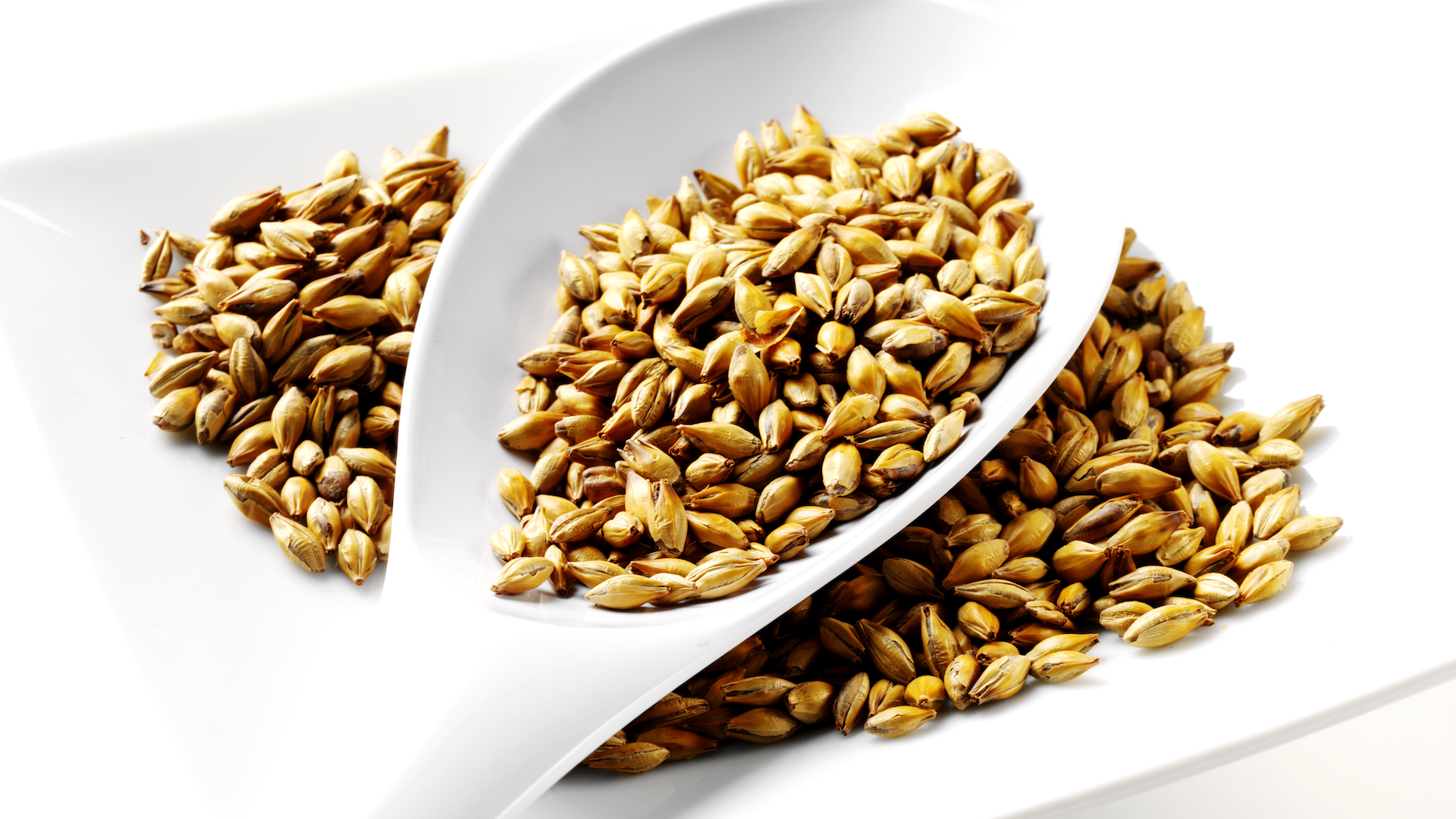
Barley is an effective cholesterol-lowering food. It is packed with the soluble fibre, beta-glucan, which significantly reduces LDL cholesterol by binding to it in the digestive tract and removing it from the body. It also helps regulate blood sugar levels, which indirectly supports healthy cholesterol levels, and contains antioxidants that may reduce cholesterol oxidation.
Sweet potato
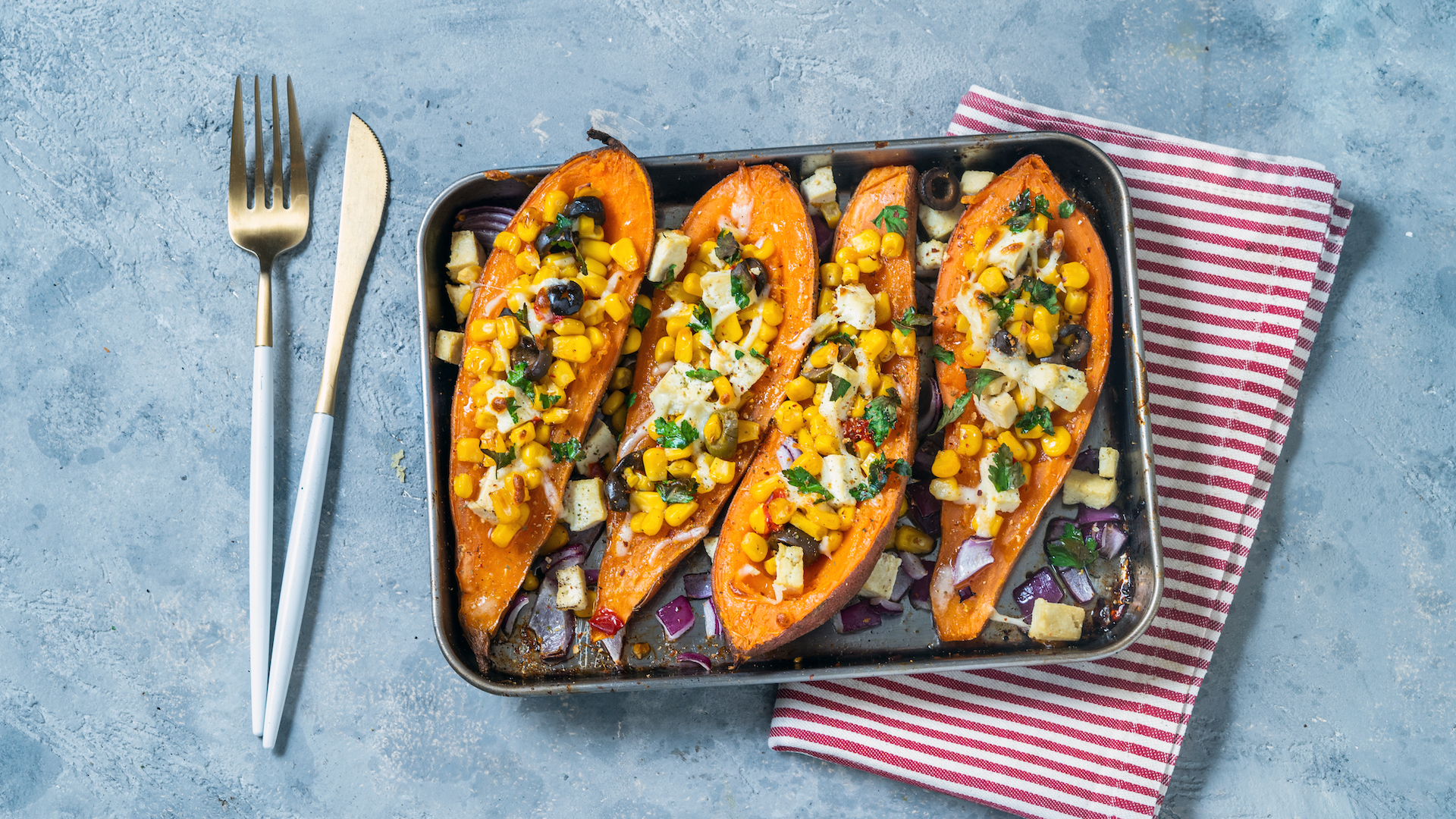
As well as being delicious, sweet potato is a great cholesterol-regulating food. It is high in soluble fibre, which can help reduce absorption, and contains antioxidants that may prevent LDL oxidation. Additionally, the vegetable contains potassium, which works to balance sodium levels, therefore supporting cardiovascular health.
Almonds
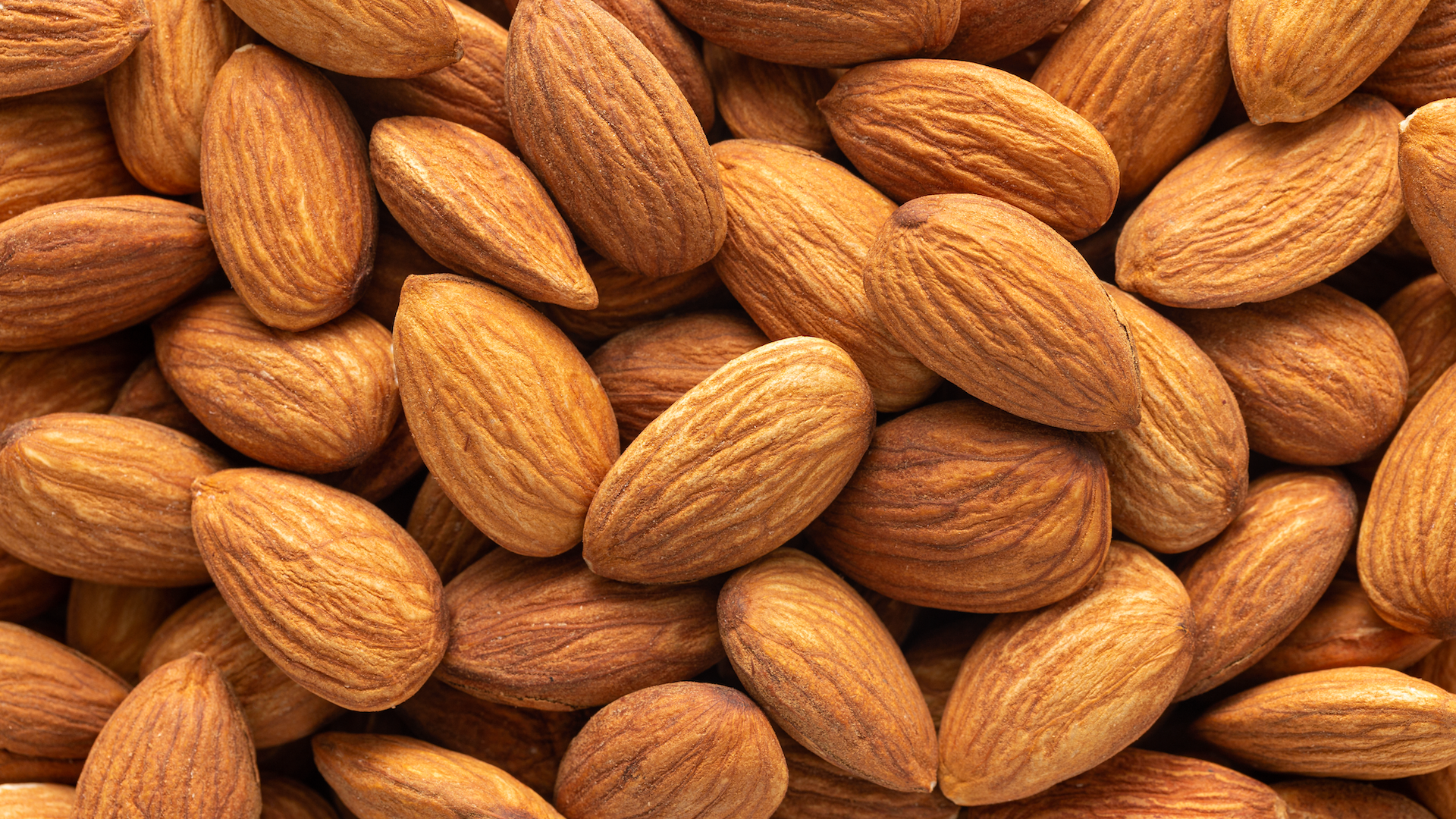
Almonds are a particularly effective cholesterol-balancing snack. They contain monounsaturated fats, which have been shown to lower LDL cholesterol levels while maintaining HDL levels. Additionally, they're packed with the antioxidant vitamin E, which can prevent LDL oxidation.
Flaxseed
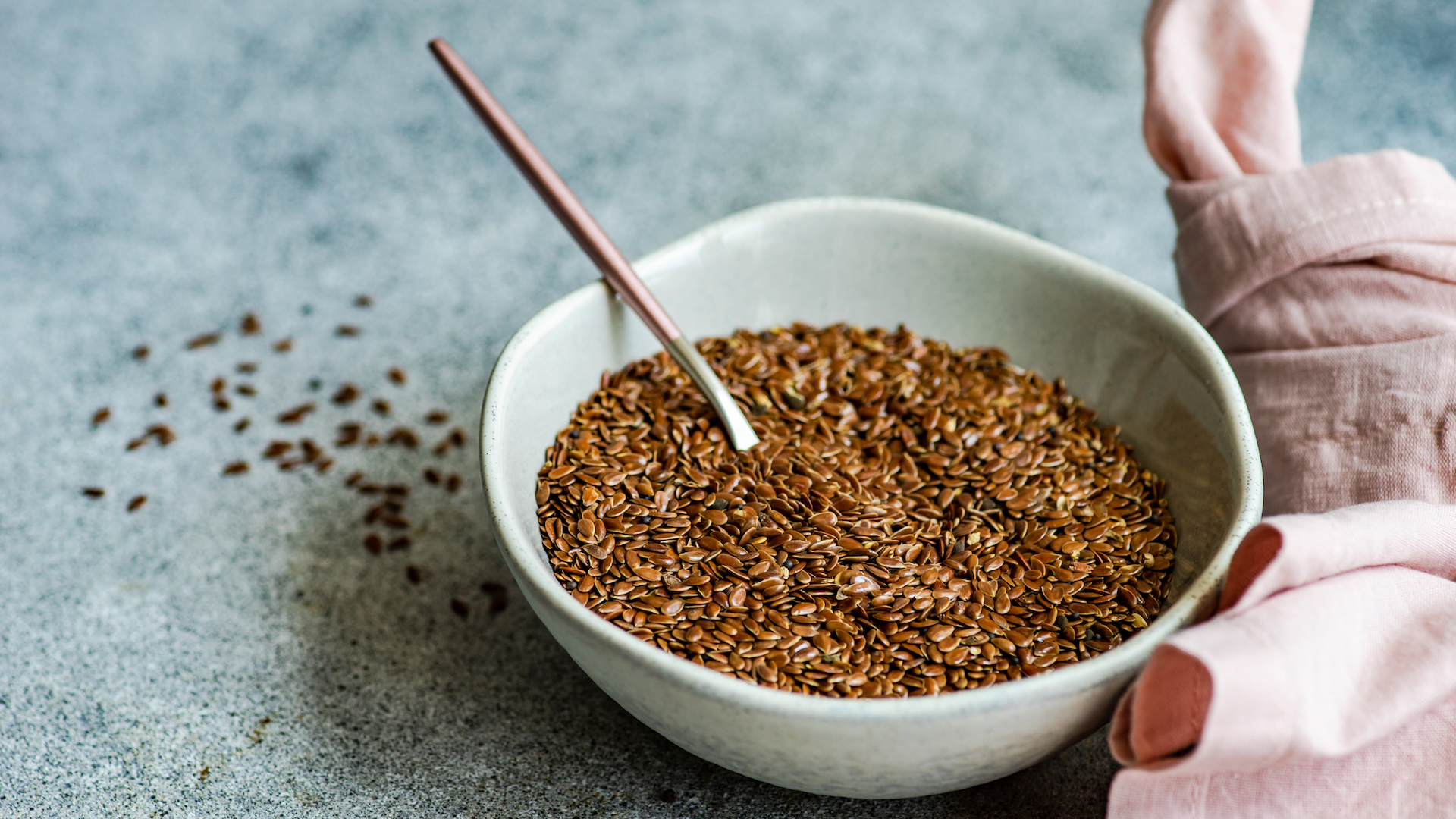
You'd be wise to sprinkle some flaxseed on your breakfast. It is high in soluble fibre, which helps reduce cholesterol absorption, and is also rich in omega-3 fatty acids - which may lower LDL and increase HDL cholesterol. Additionally, it serves up phytochemicals, called lignans, which may help reduce cholesterol levels.
Spinach
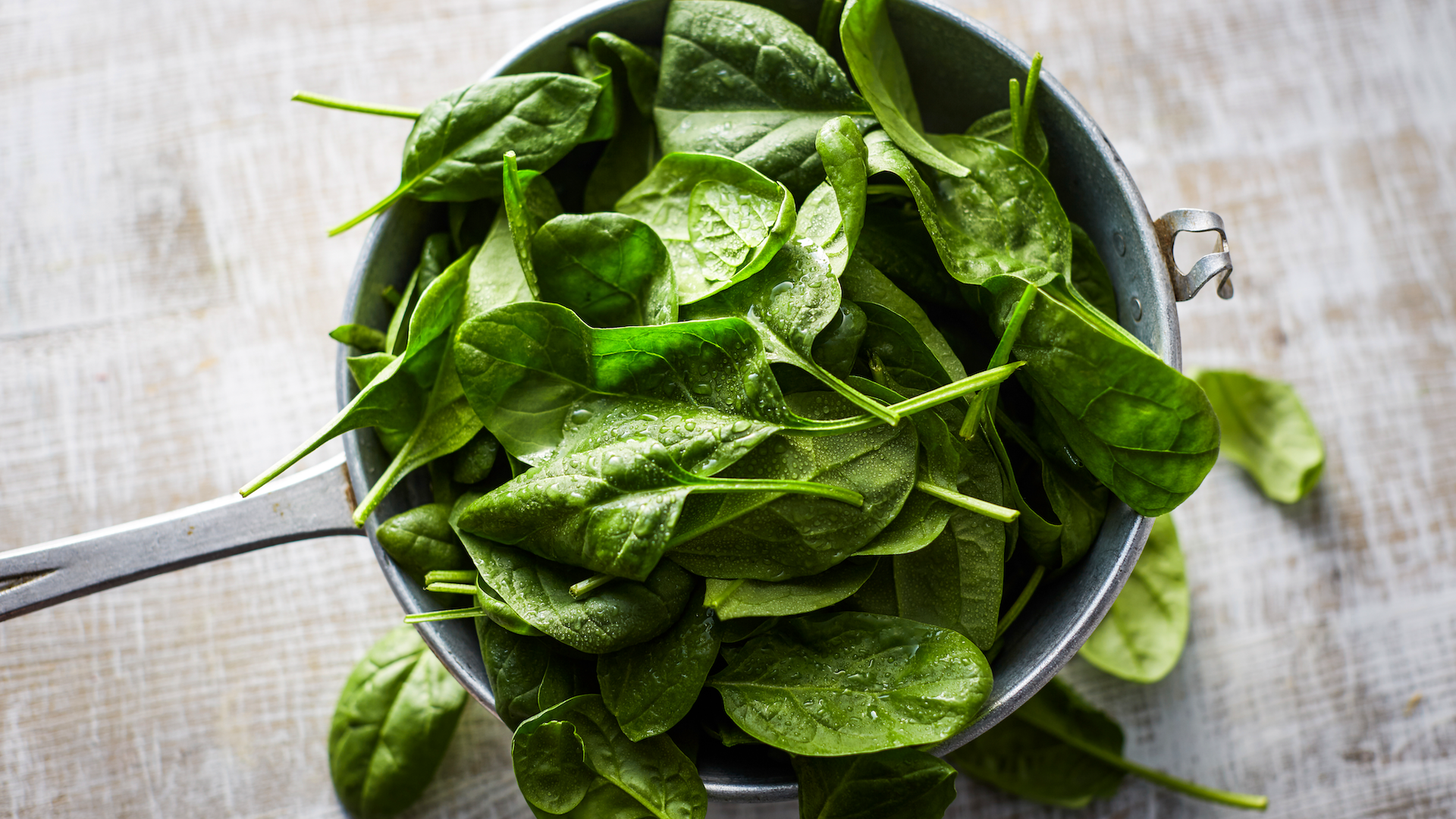
Spinach is one of a number of green leafy vegetables which are good for the heart. It is high in lutein, an antioxidant which may prevent cholesterol from sticking to artery walls, and rich in fibre - to aid reducing cholesterol absorption. It also contains nitrates, which may help lower blood pressure and improve arterial function.
Oranges
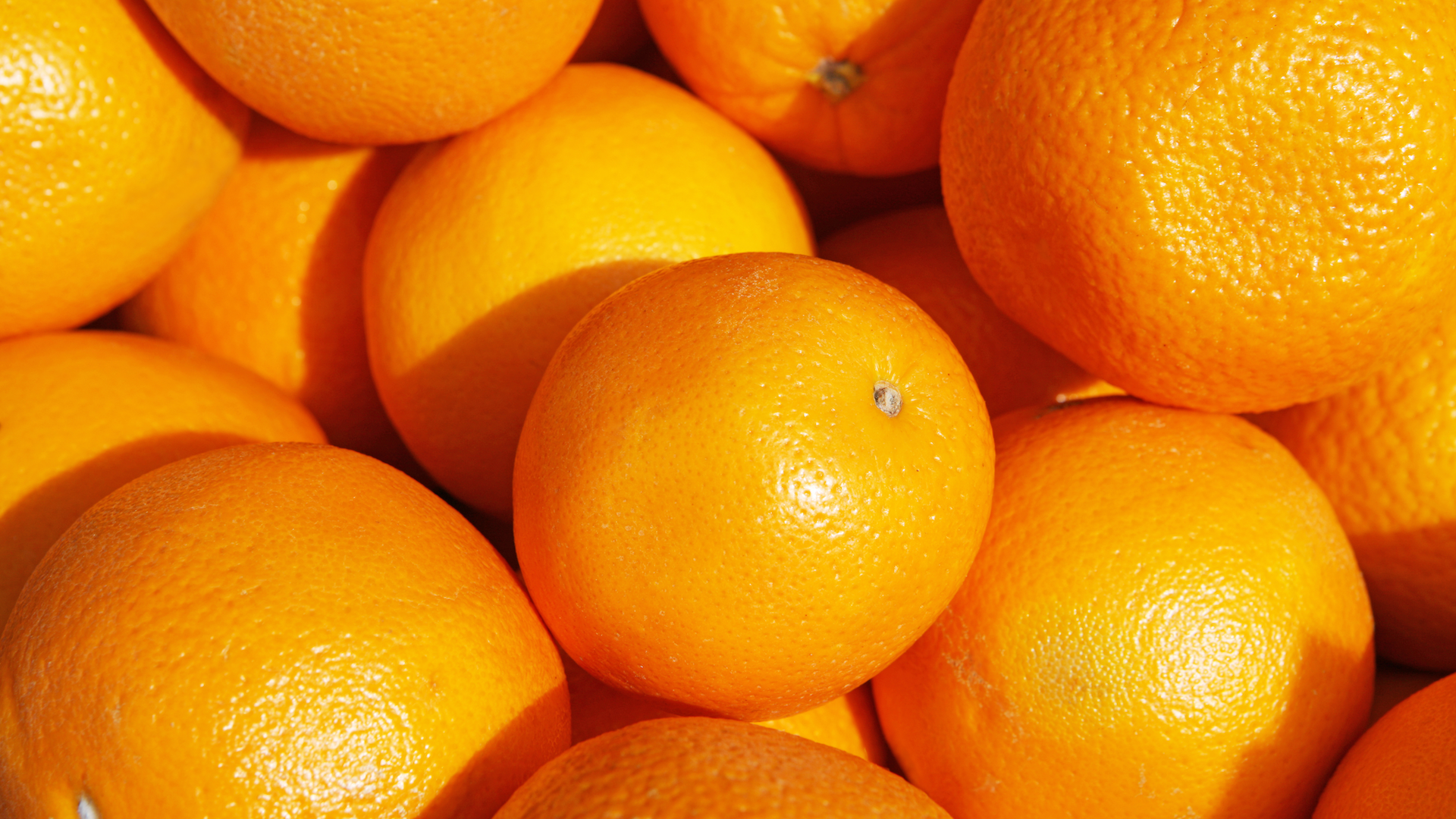
Fruits can be helpful in regulating cholesterol levels. Oranges are high in a soluble fibre, called pectin, which may help lower LDL levels. Additionally, they are rich in antioxidants called flavonoids which may improve cholesterol ratios, and its well-known vitamin C content may help prevent LDL oxidation.
Olive oil
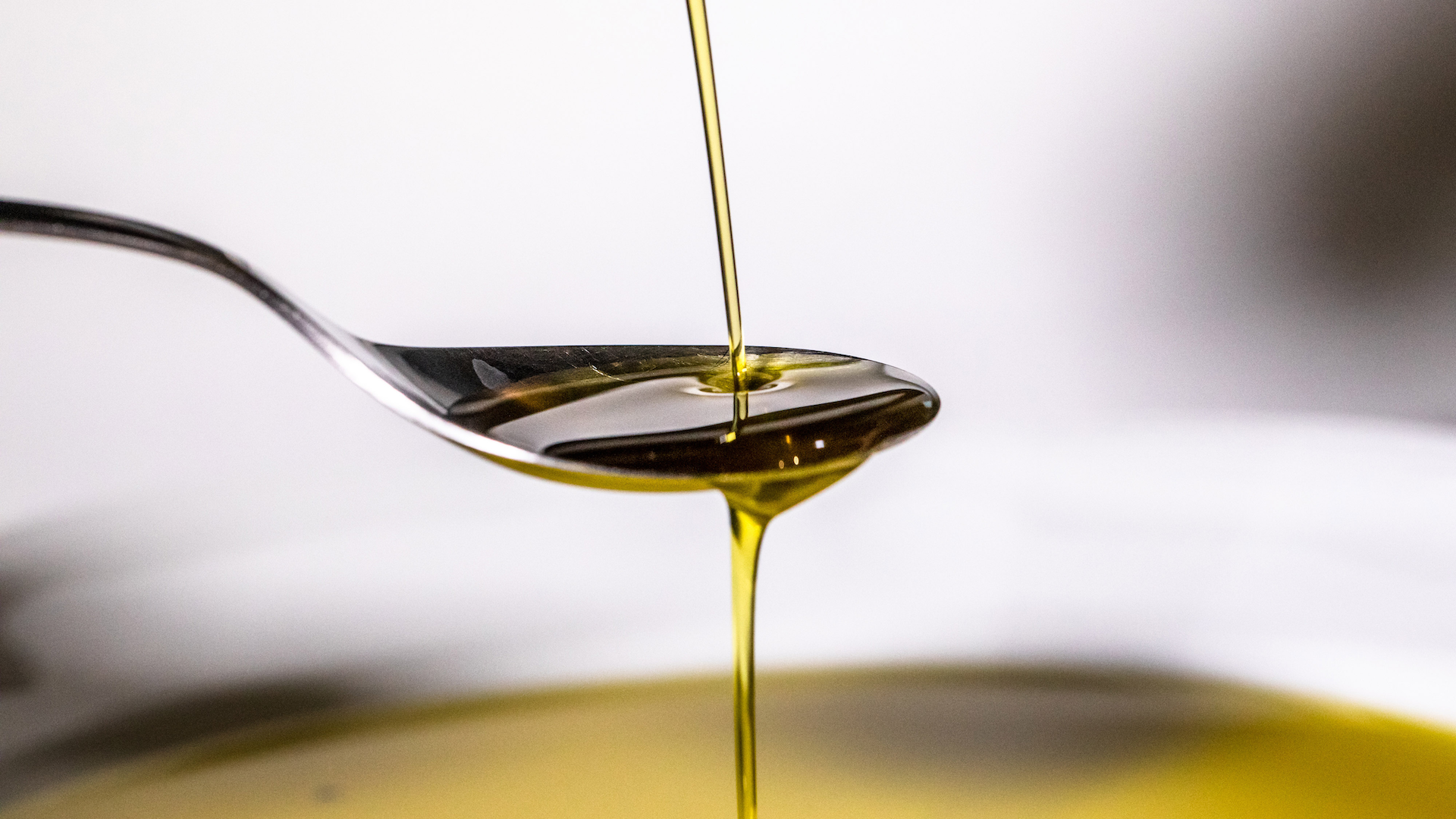
Olive oil is a hero ingredient when it comes to heart-healthy kitchen staples. The condiment is rich in monounsaturated fats, which can lower LDL cholesterol, and it also contains antioxidants that may prevent LDL oxidation. Drizzle it over salads for a really nourishing lunch.
Tuna
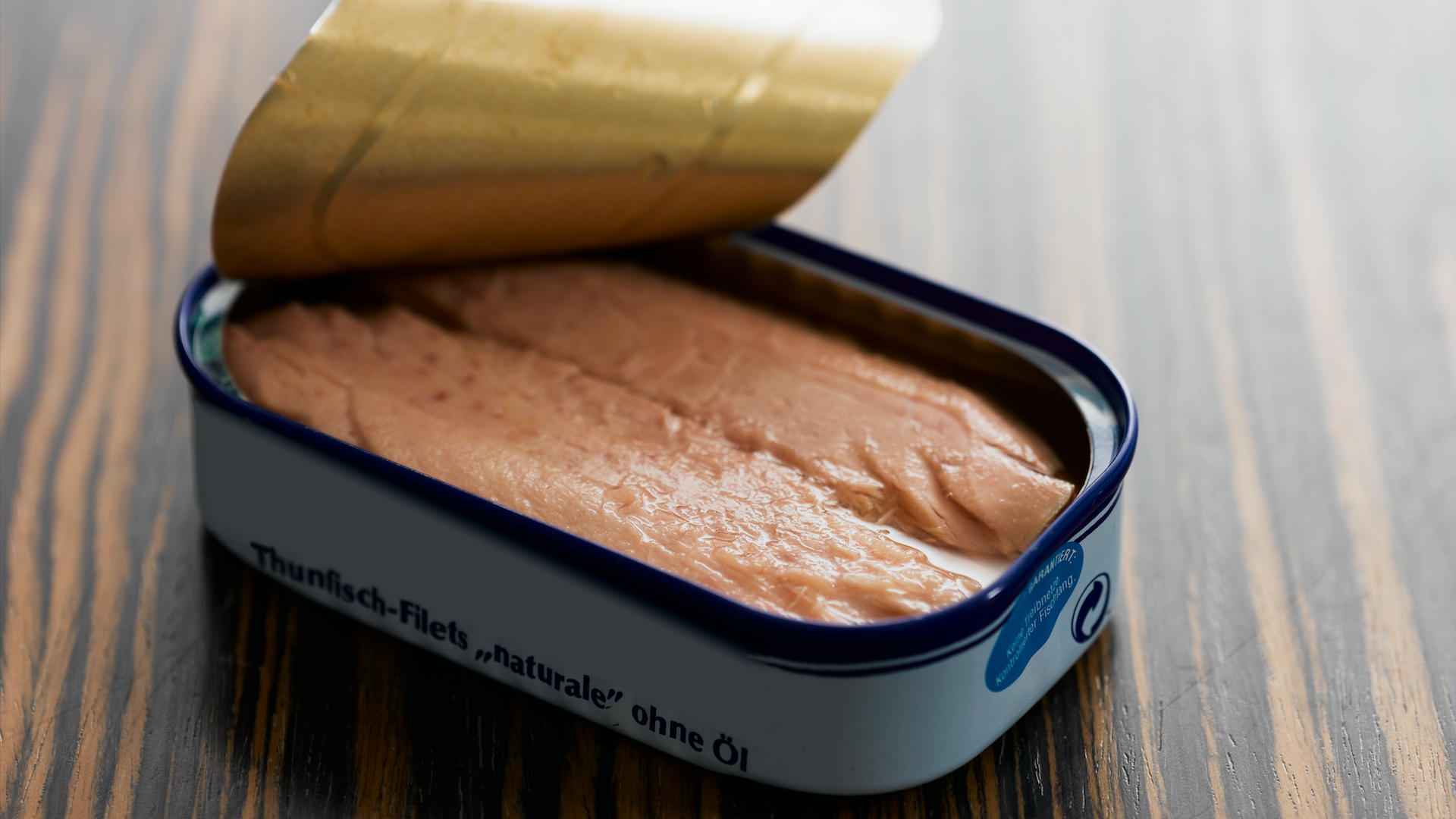
Oily fish, like tuna, should be part of your cholesterol-balancing repertoire. It is plentiful in omega-3 fatty acids, which can lower triglycerides and increase HDL levels. It is also a lean protein source, replacing higher saturated fat proteins, which can boost overall heart health.
Tofu
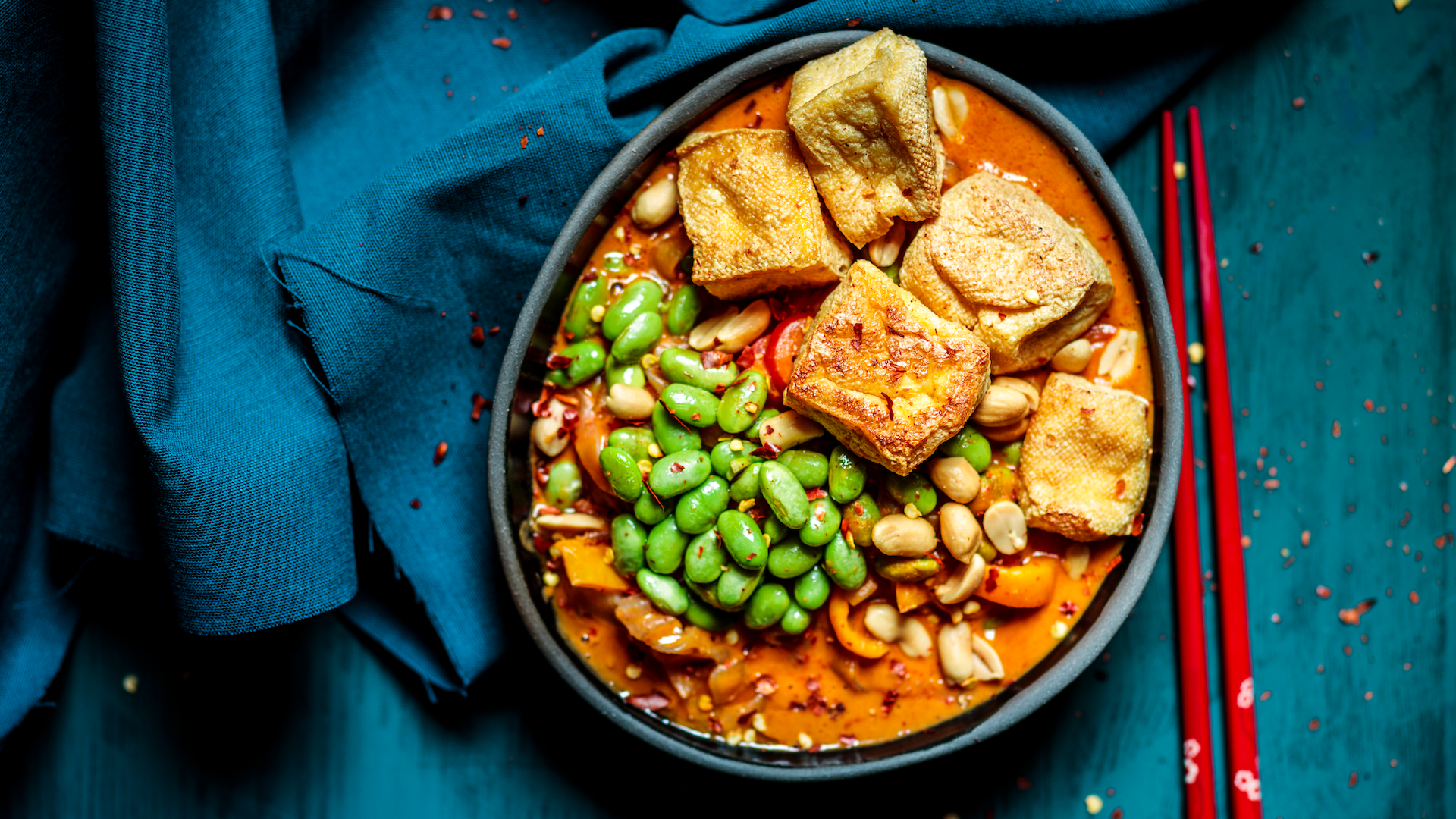
After a plant-based food that's good for your heart? Try swapping tofu into your meals. The soy-based product contains isoflavones, which may lower LDL cholesterol, and it is a lean protein source, replacing higher saturated fat proteins. This can, ultimately, enhance overall heart health.
Eggs
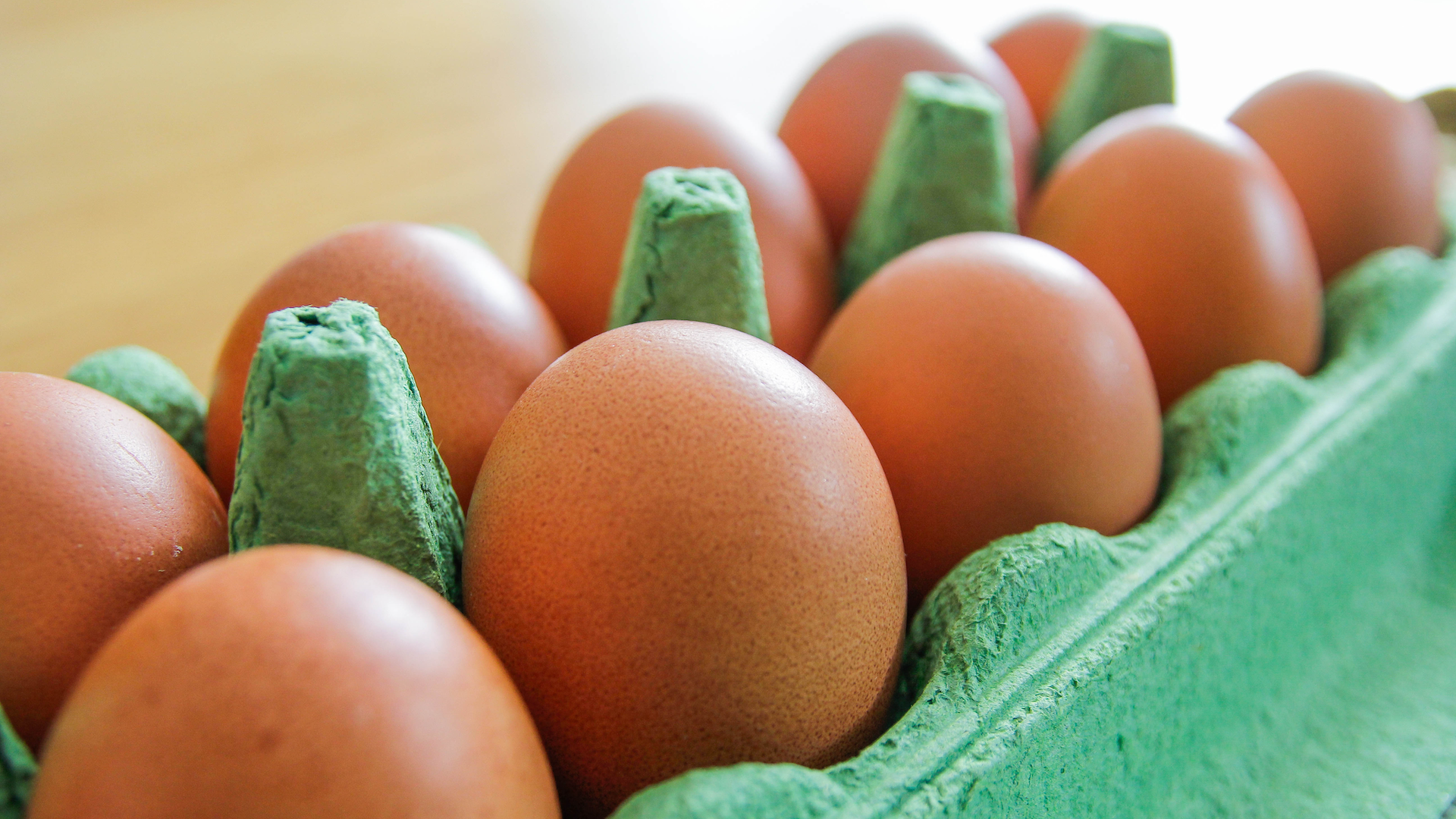
Eggs and their link to healthy cholesterol has historically been confusing. However, there is evidence that they can improve HDL levels, and lower the risk of cardiovascular disease. Further still, they are rich in the antioxidant lutein, which may reduce inflammation in arteries. Although, those known to have high cholesterol are advised to keep consumption limited.
Chickpeas
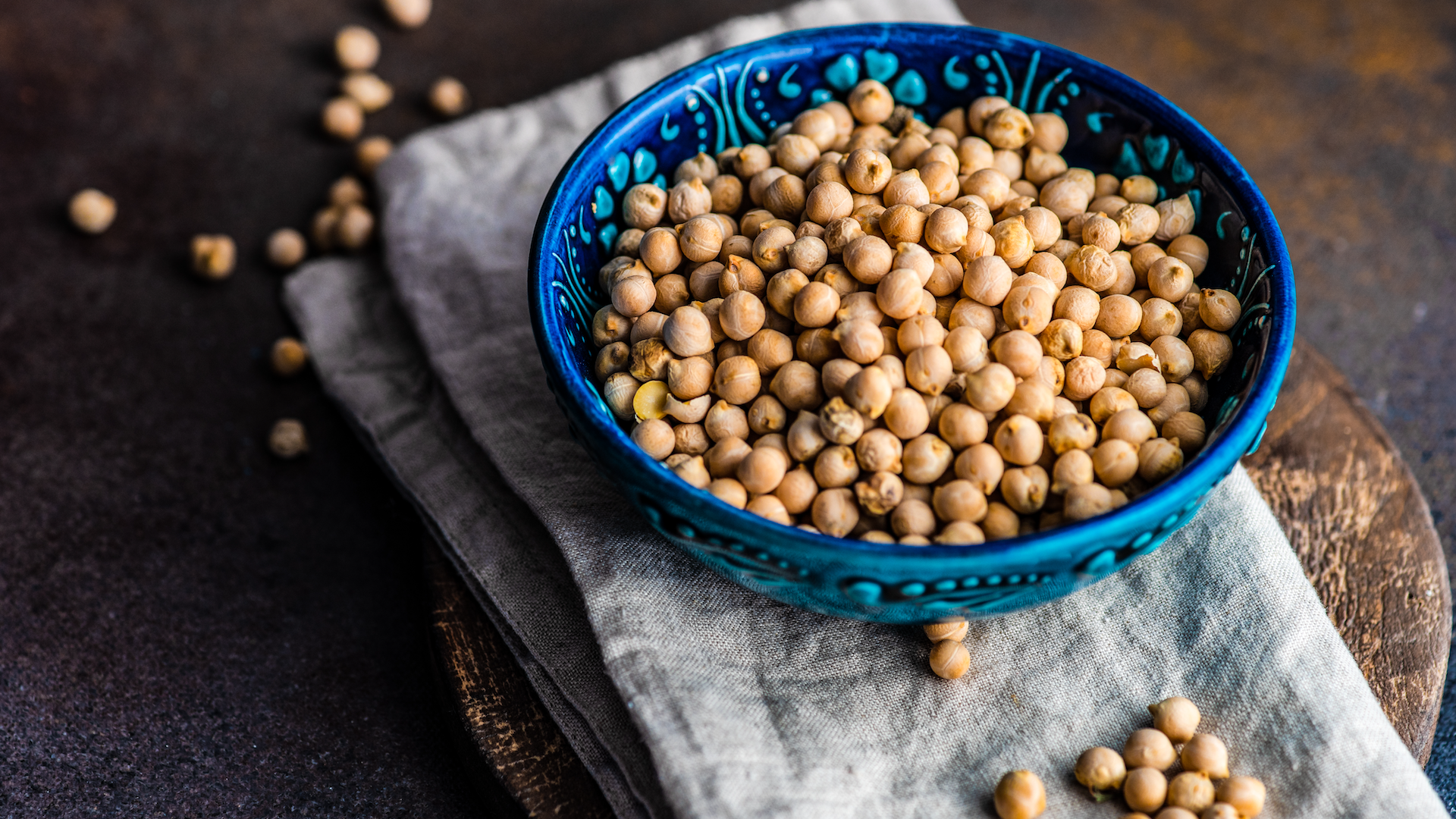
Load up on chickpeas for some filling heart-healthy benefits. The pulse is high in soluble fibre, which helps reduce cholesterol absorption, and ultimately lowers your risk of cardiovascular disease. This effect is also boosted by the fact it can replace other ingredients as a plant-based protein source that's low in saturated fat.
Chicken
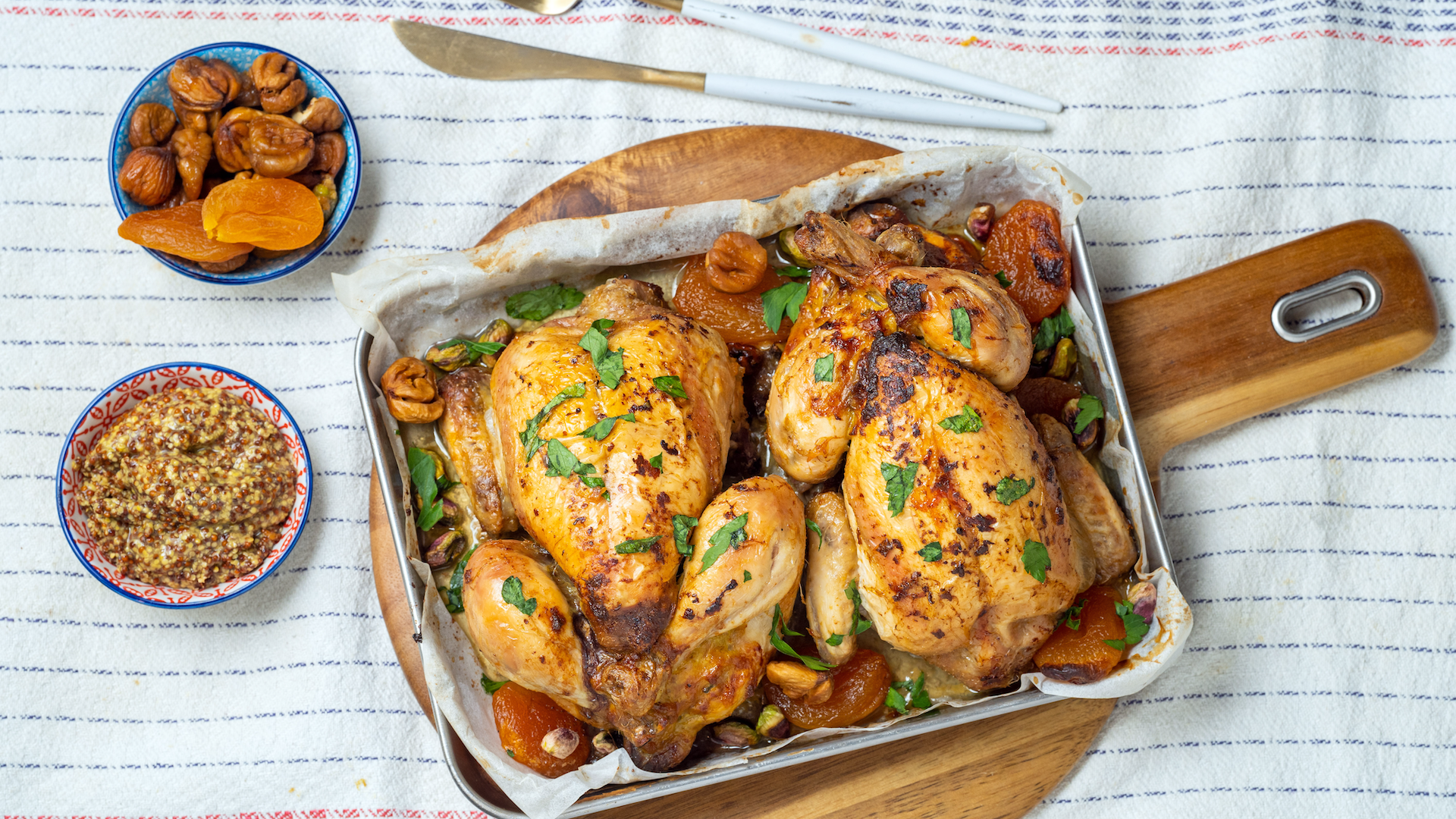
Chicken has been found to be better for cholesterol levels than red meat, like pork or beef. It is a lean protein source, making it lower in saturated fat, and therefore superior for heart health. However, its nutritious benefits really depend on how you cook it - such as by removing the skin and opting for the breast part.
Bok Choy
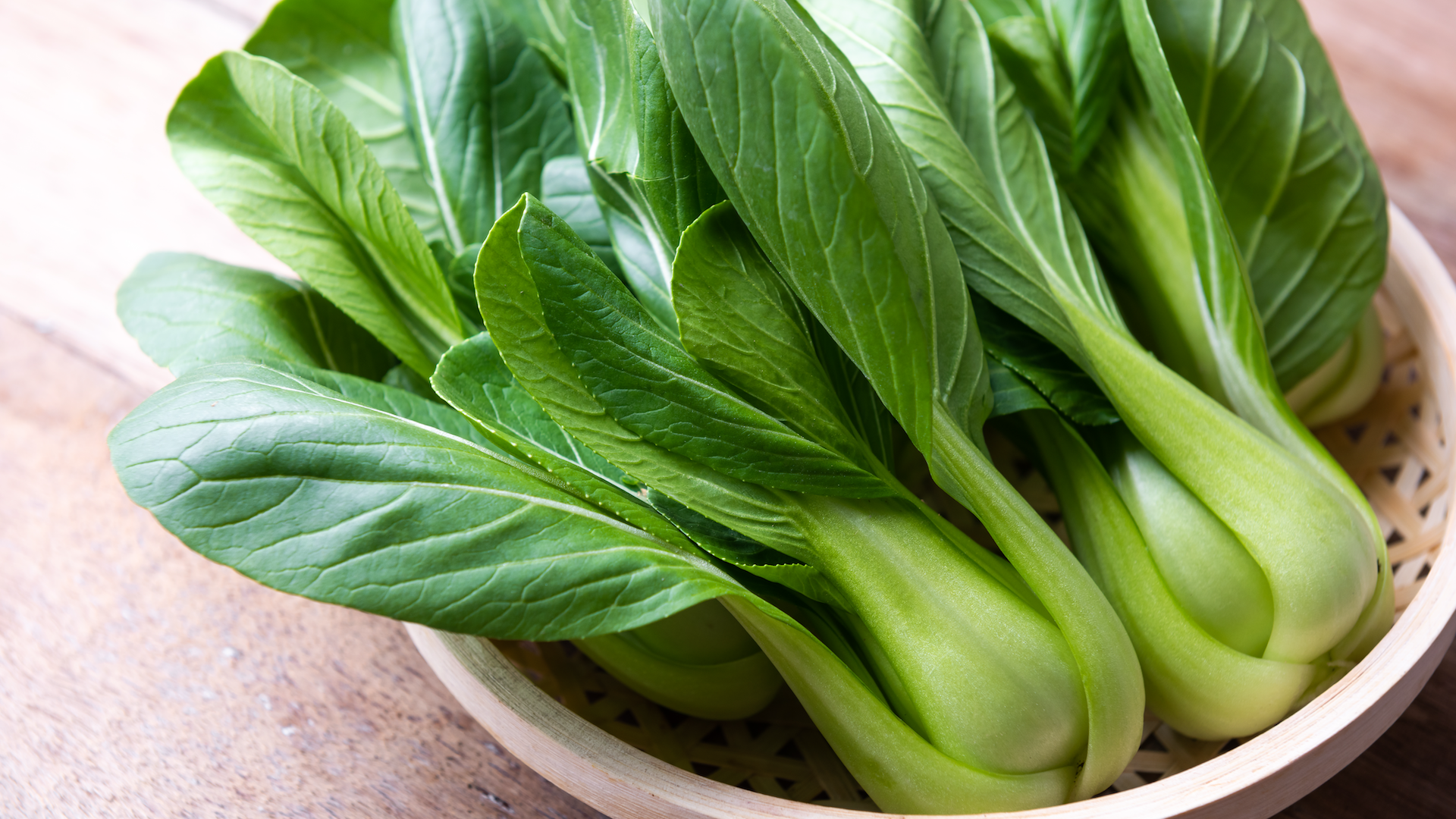
Bok choy is a vegetable popular in Asian cuisine, and which you'd be wise to add to your shopping list. It contains phytosterols - substances that are similar to cholesterol - which can block cholesterol absorption. On top of this, it is high in fibre and low in calories, qualities also beneficial to overall heart health.
Whole grain bread
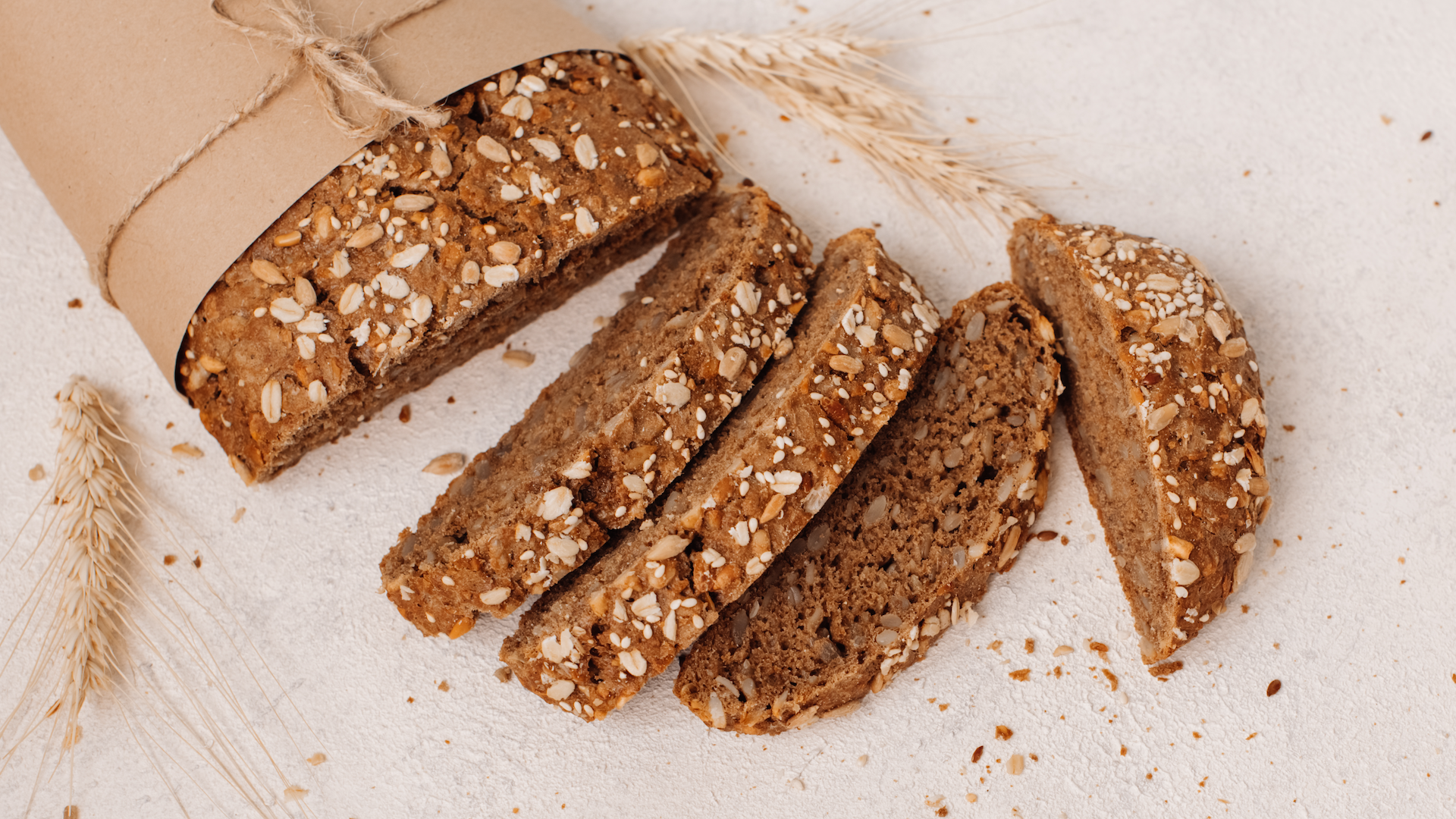
Swap out your refined white bread for a whole grain alternative for heart health. The latter is rich in soluble fibre, which binds to cholesterol in the digestive tract, therefore helping reduce LDL levels. Additionally, it serves up B vitamins, which are nutrients that may help regulate cholesterol levels too.
Nut butter
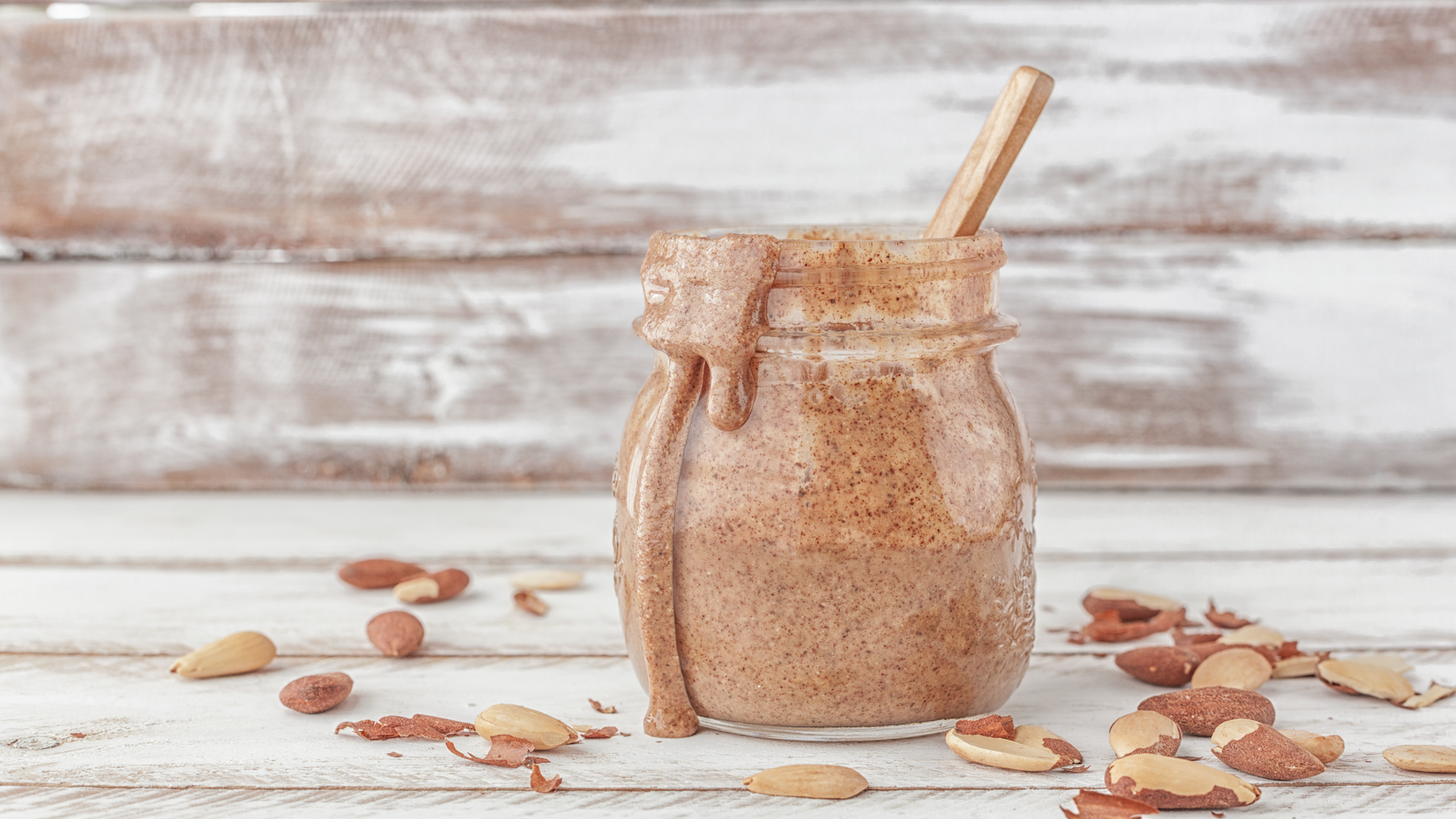
A dollop of nut butter on your breakfast may be conducive to improved heart health. It is high in unsaturated fats, which can improve cholesterol ratios, while its phytosterols - substances that are similar to cholesterol - can block cholesterol absorption. However, it is important to consume the topping in moderation.
Yoghurt
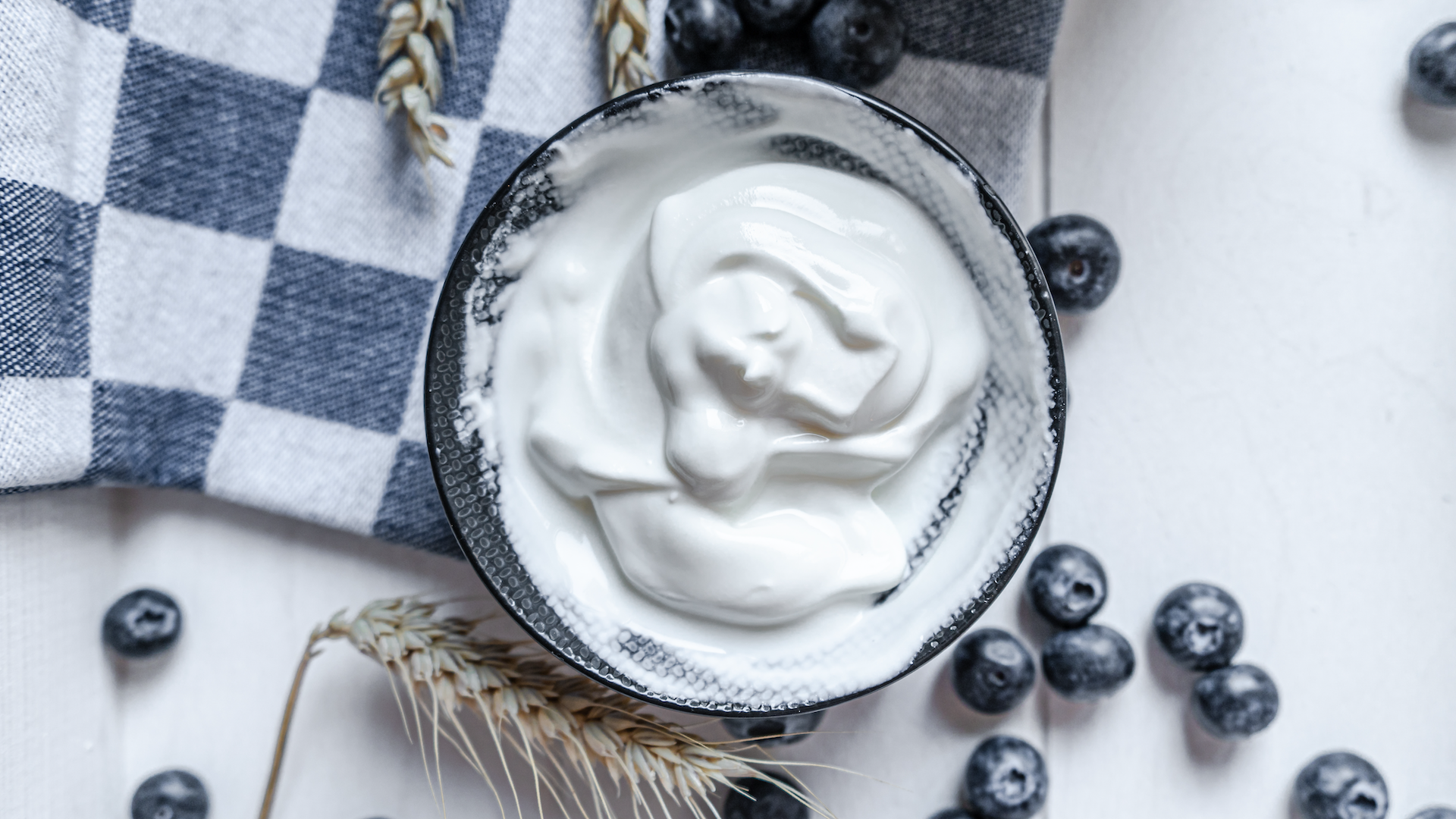
There is evidence that yoghurt is an essential part of a heart-healthy diet. Its probiotic-rich 'good' bacteria content can help lower levels of LDL cholesterol, while its status as a source of protein without high saturated fat, may also help ward off cardiovascular disease. However, it is important to opt for varieties like Greek yoghurt where possible.
Lentils
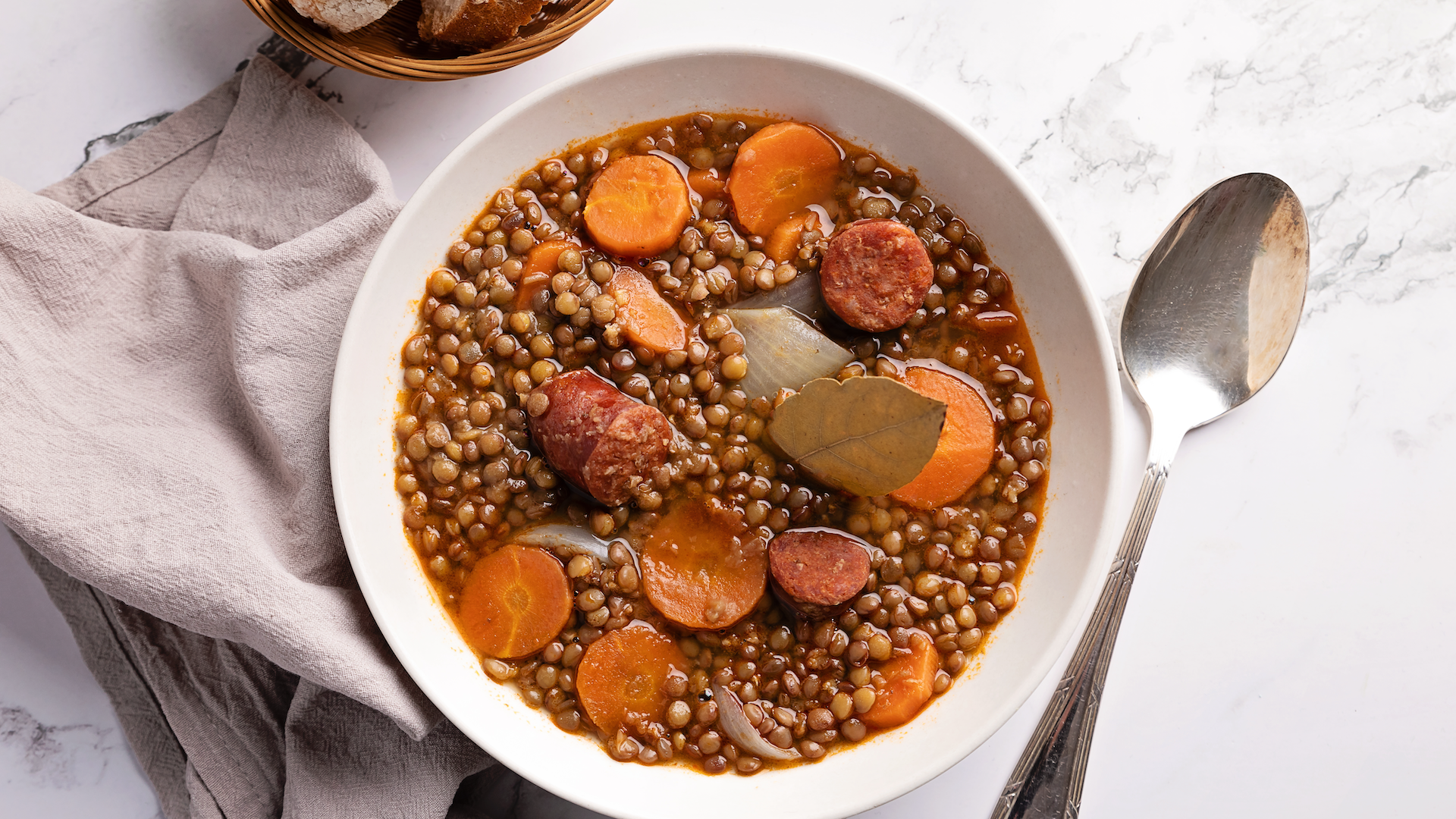
Lentils are a filling heart-healthy dinner ingredient to enjoy more of in your diet. The pulse is high in soluble fibre, which helps reduce cholesterol absorption, and it is also a plant-based protein source without saturated fat - which is likewise beneficial to overall cardiovascular health.
Cheese
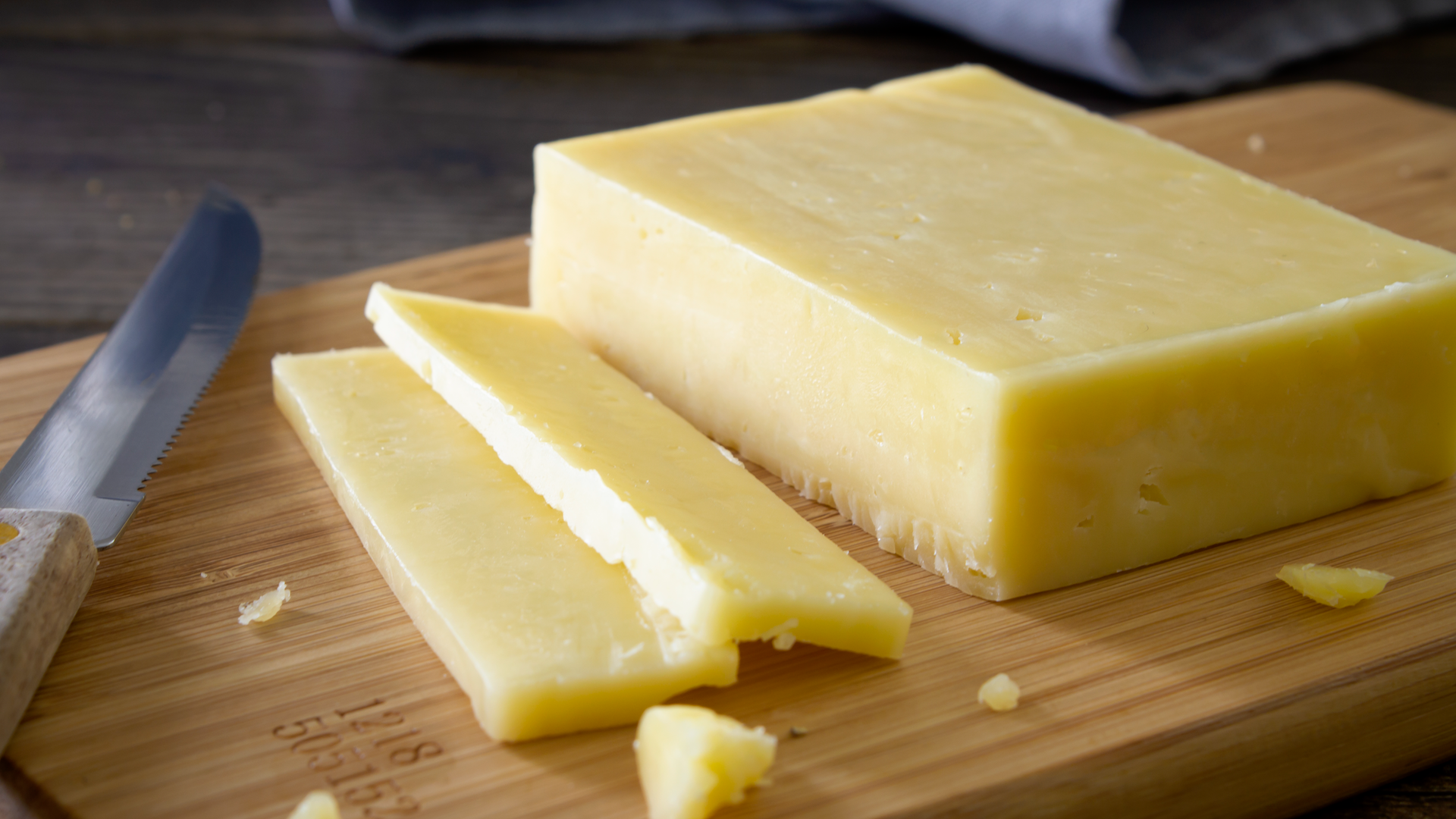
If you're a fan of cheese, then you're in luck - because it can help aid heart health when consumed in moderation. The dairy product serves up plenty of calcium, which may help reduce cholesterol levels. However, some of the better options including ricotta or cottage cheese, in terms of saturated fat.

Lauren is a freelance writer and editor with a decade of print and digital journalism experience. While she specialises in covering health and wellness topics - ranging from nutrition and fitness, to women’s health conditions and mental wellbeing - she has written across a diverse range of lifestyle topics, including fashion, beauty, interiors and travel.
In addition to writing for Woman & Home and sister title Homes & Gardens, Lauren's work has also been published by Women’s Health, The Times, Daily Telegraph, Elle, Cosmopolitan, The Guardian, Marie Claire, Body + Soul, Stylist, Glamour, Grazia, Red, Dazed Digital, Yahoo Life, The Sun’s Fabulous, Get The Gloss and Hello! among others.
-
 Celebrities who overcame scandal and came back stronger than before - from Jane Fonda to Martha Stewart
Celebrities who overcame scandal and came back stronger than before - from Jane Fonda to Martha StewartScandals, controversies and fallouts can really harm a celebrity's reputation, but these stars proved there's power in putting in the work for a second shot
By Jack Slater Published
-
 Ranvir Singh’s denim midi dress is perfect for April date nights
Ranvir Singh’s denim midi dress is perfect for April date nightsYour favourite jeans will always be an easy outfit staple but denim dresses have the same comfort factor and more elegance.
By Emma Shacklock Published
-
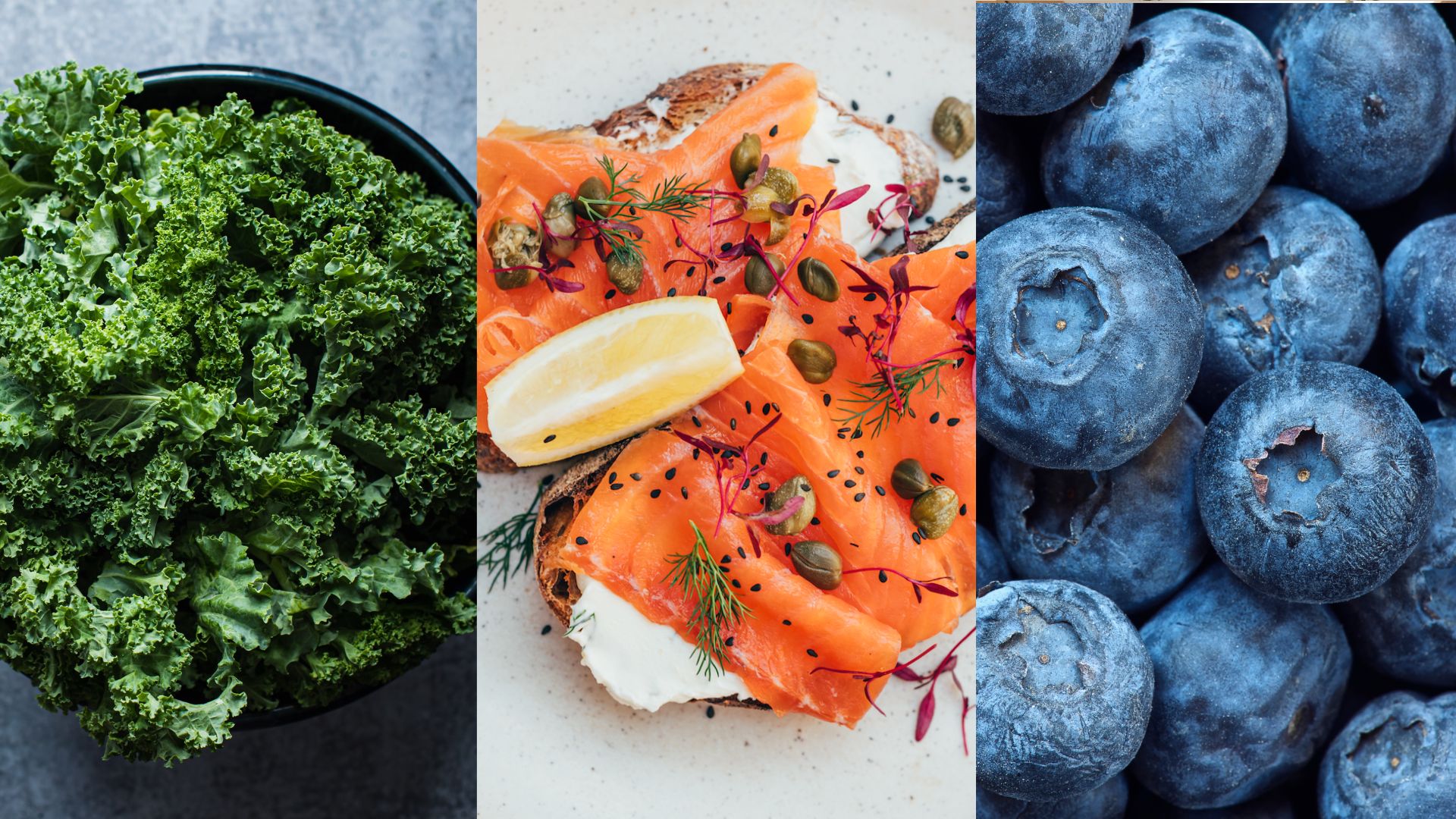 Nourishing skin-friendly foods for a glowing complexion
Nourishing skin-friendly foods for a glowing complexionAs well as the products in your bathroom, munching on skin-friendly foods is the key to a beautiful visage...
By Lauren Clark Published
-
 These are the ultra-processed foods to avoid in your diet
These are the ultra-processed foods to avoid in your dietUltra-processed foods (UPFs) are products that contain ingredients you wouldn't typically find in a normal kitchen - but some on this list may surprise you
By Grace Walsh Published
-
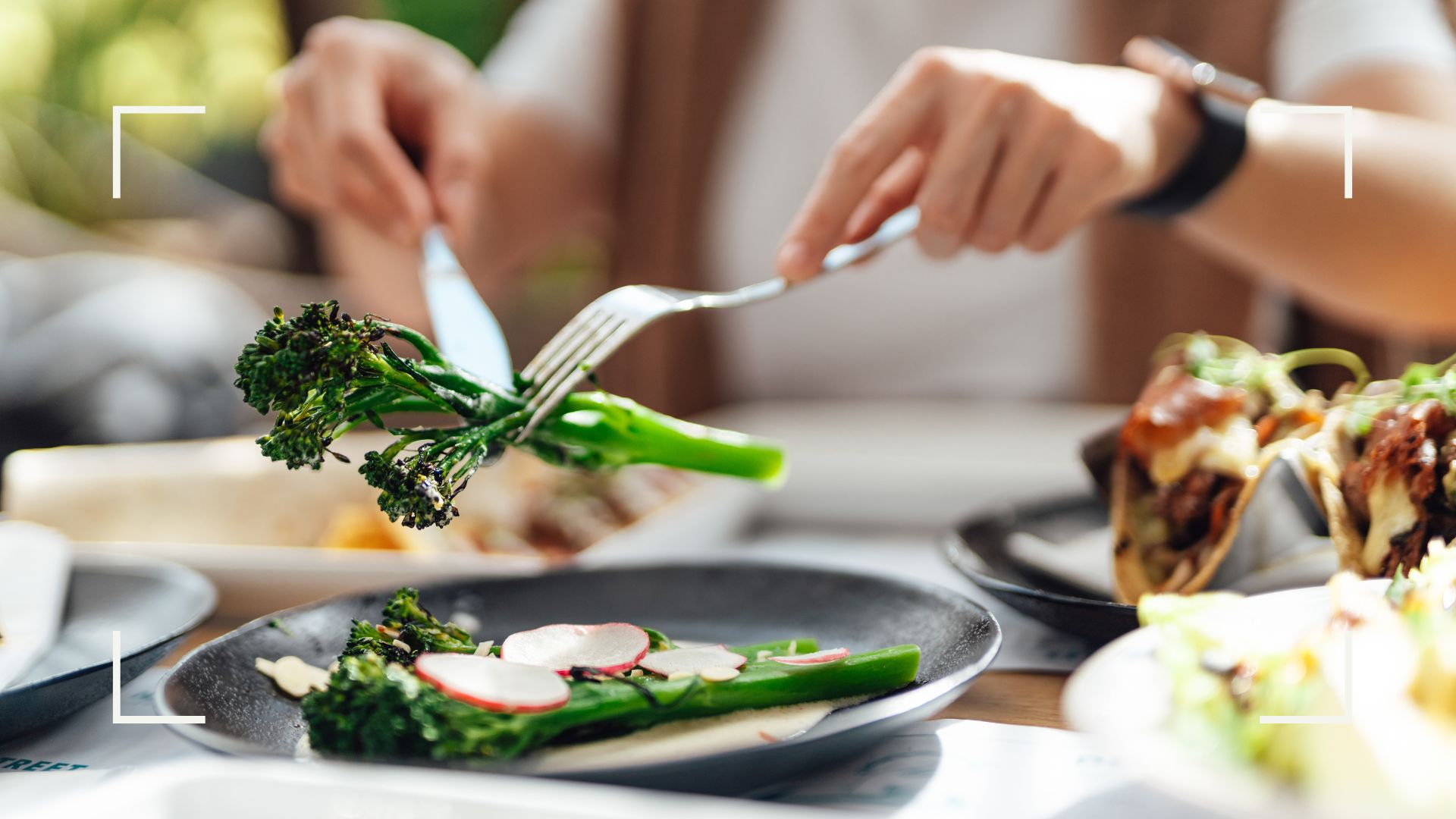 The best foods to eat during the heatwave - and the ones to avoid
The best foods to eat during the heatwave - and the ones to avoidKeep cool with these hydrating (yet delicious) foods...
By Emily Smith Published
-
 How to stop emotional eating for good, so you can build a better relationship with food
How to stop emotional eating for good, so you can build a better relationship with foodLearning how to stop emotional eating will allow you to focus on fuelling yourself up with nourishing meals...
By Lauren Hughes Last updated
-
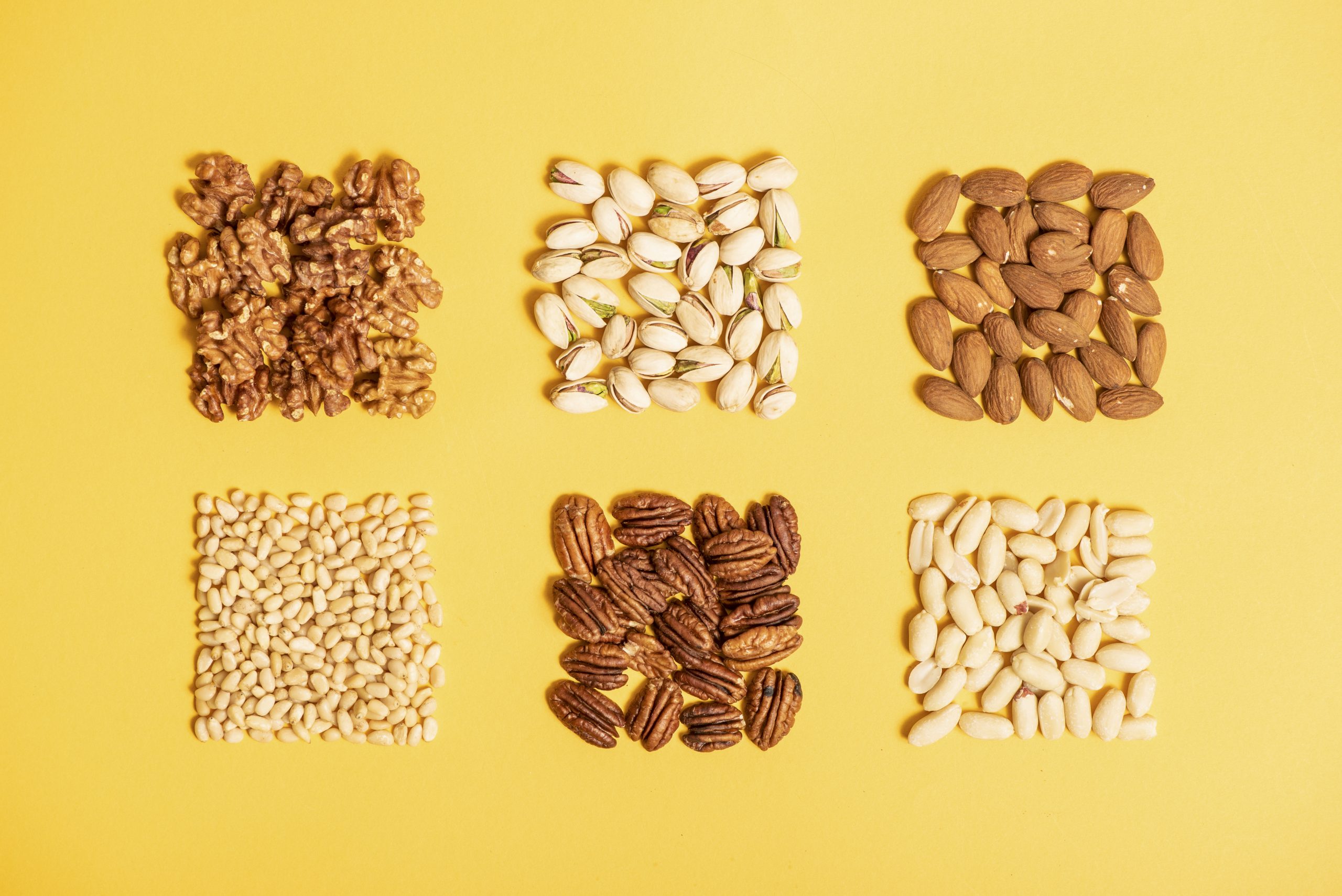 Eating nuts could lead to a flat tummy, plus 6 other benefits
Eating nuts could lead to a flat tummy, plus 6 other benefitsSnacking right could bring big rewards
By Faye M Smith Published
